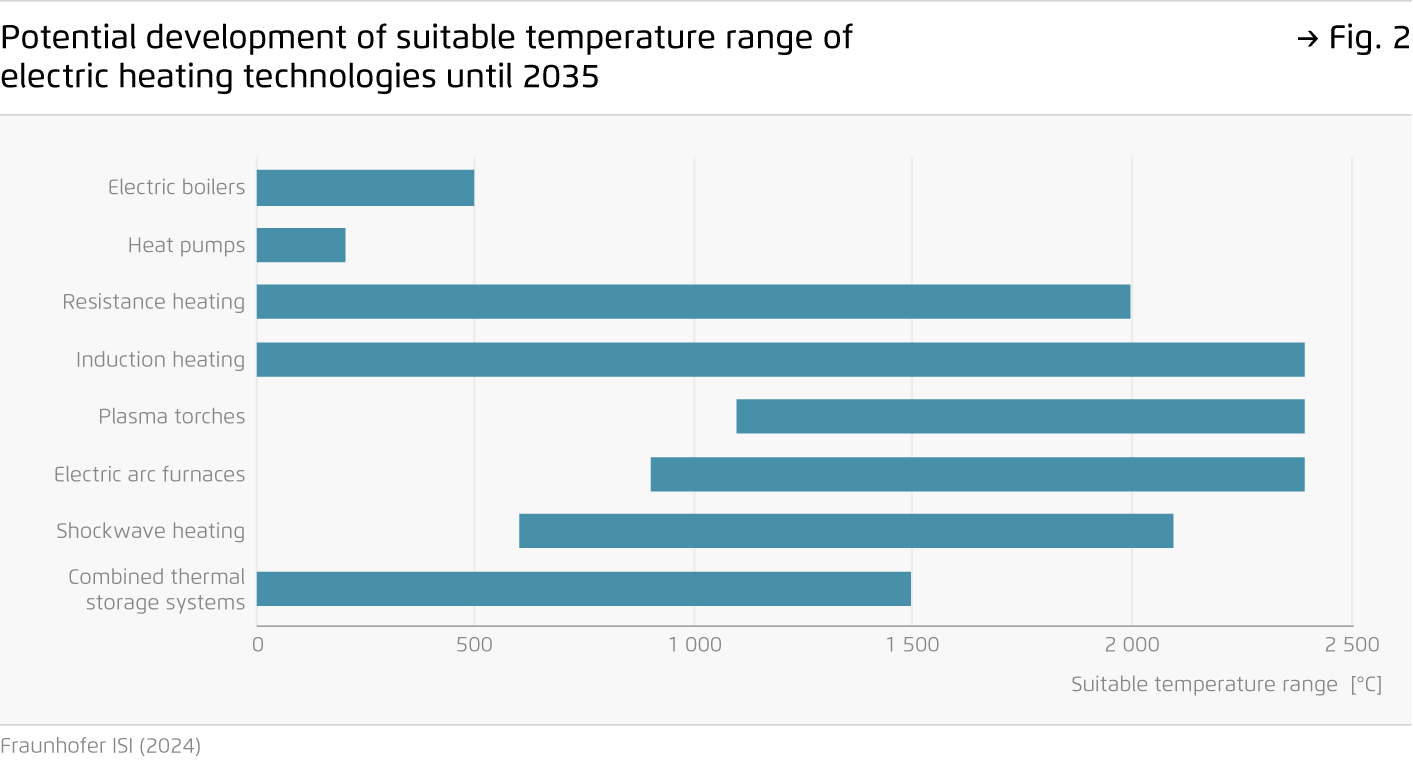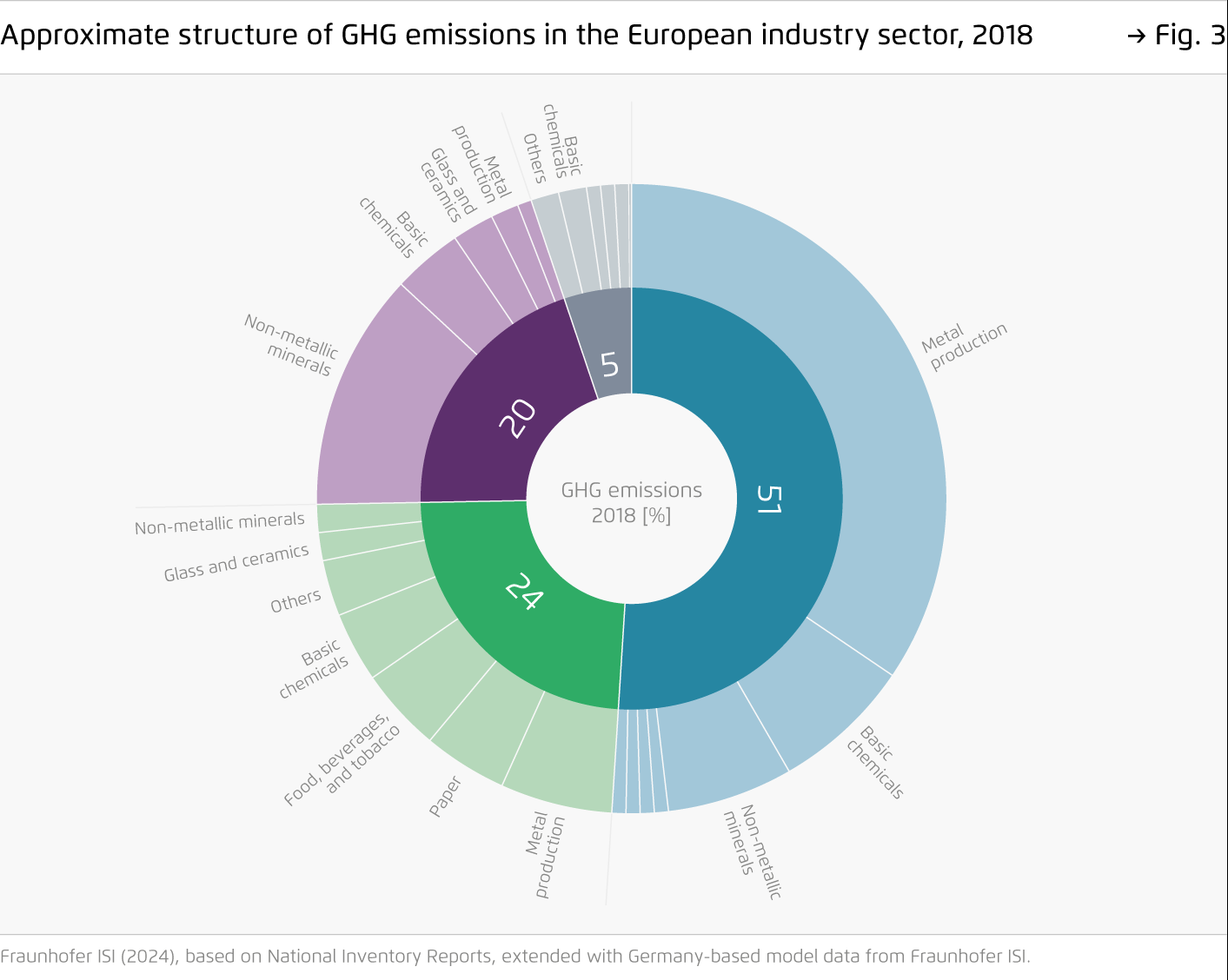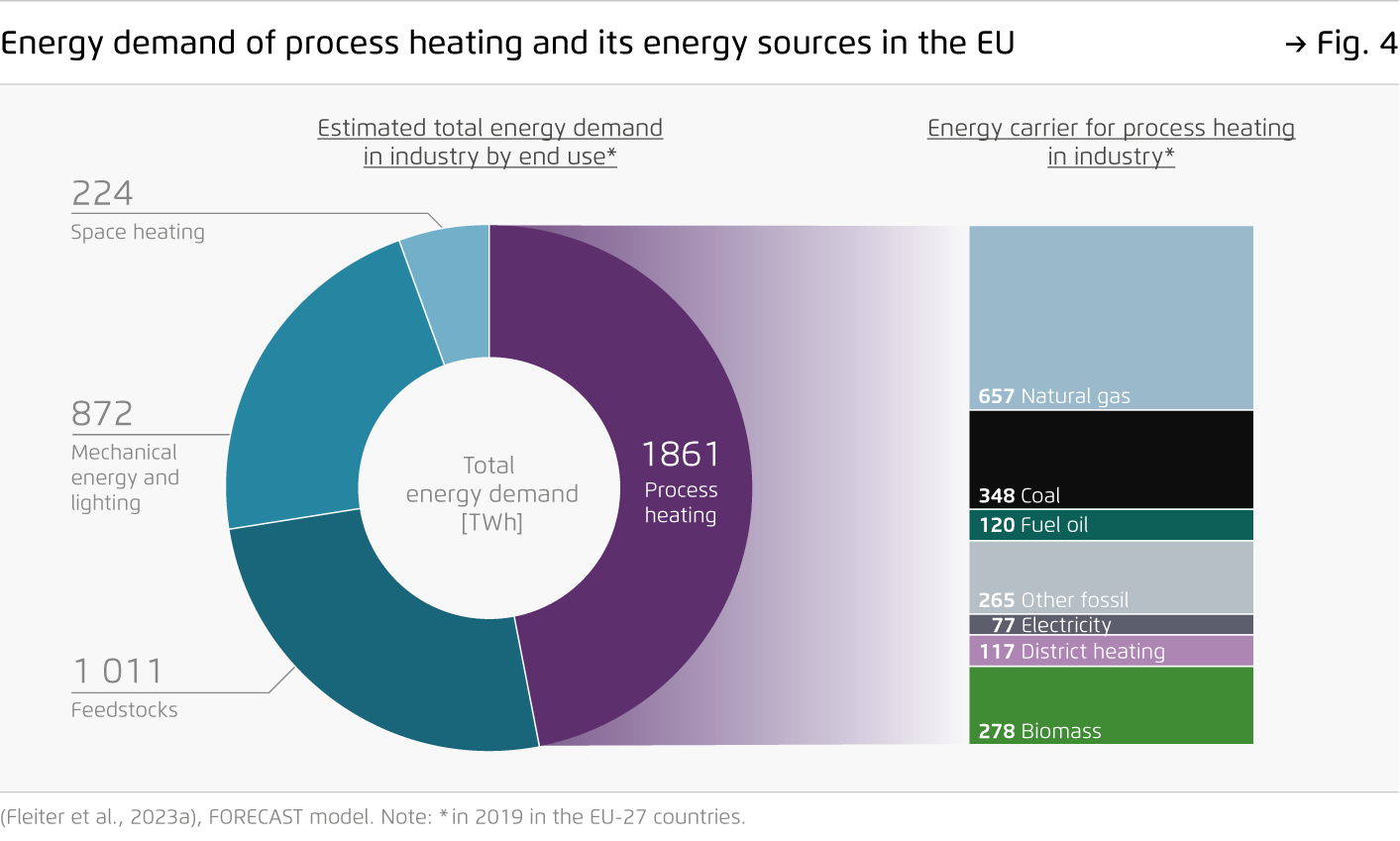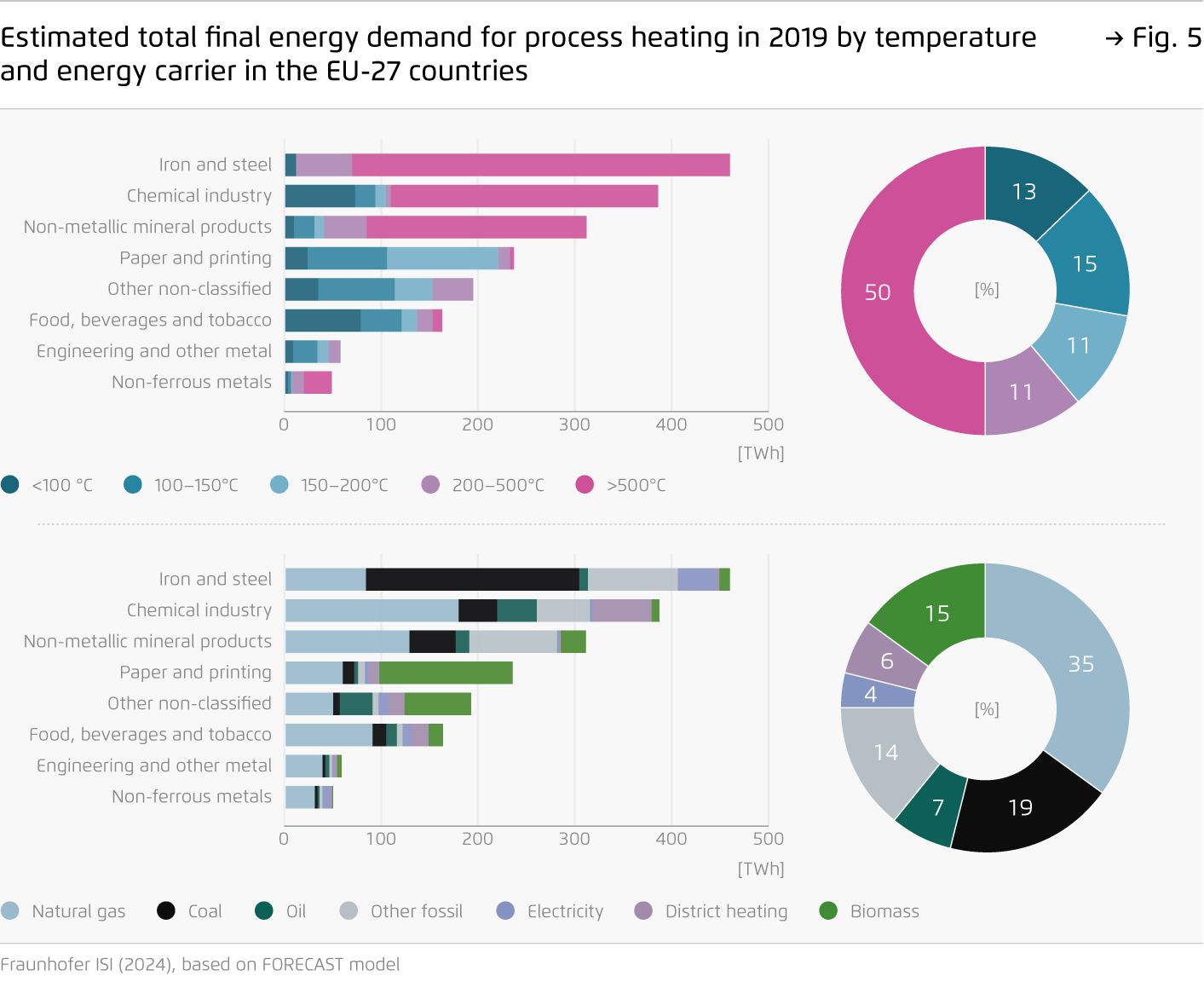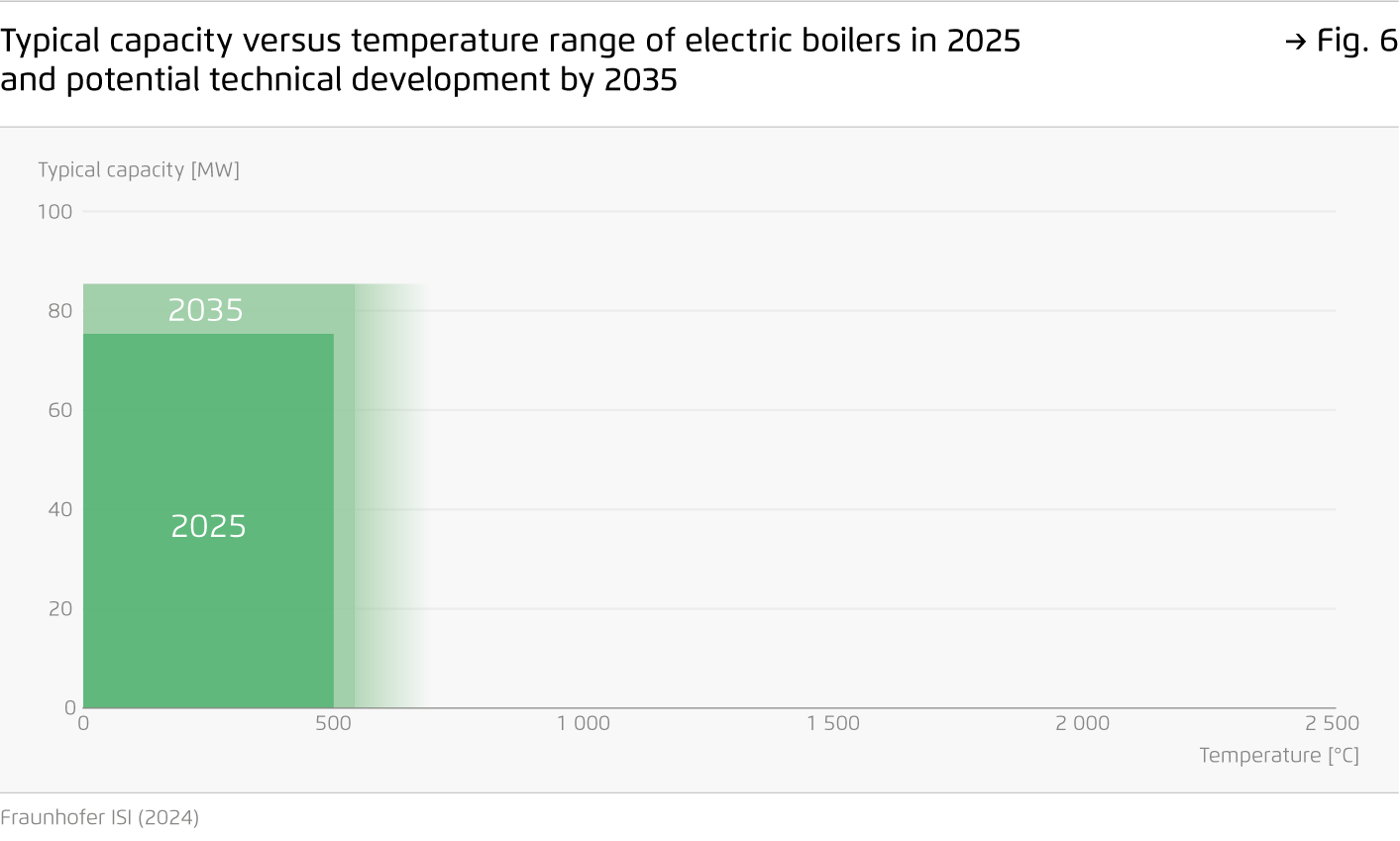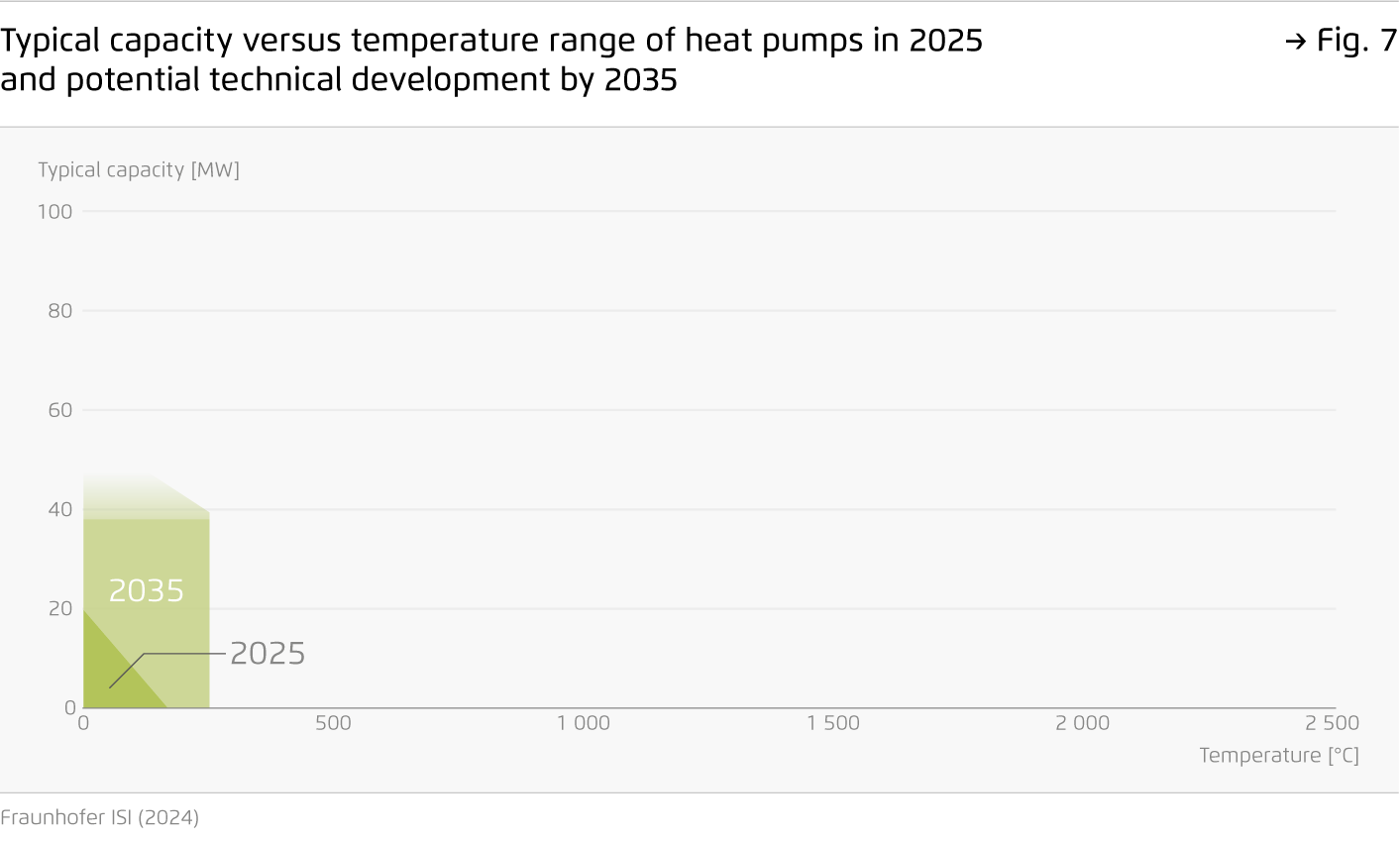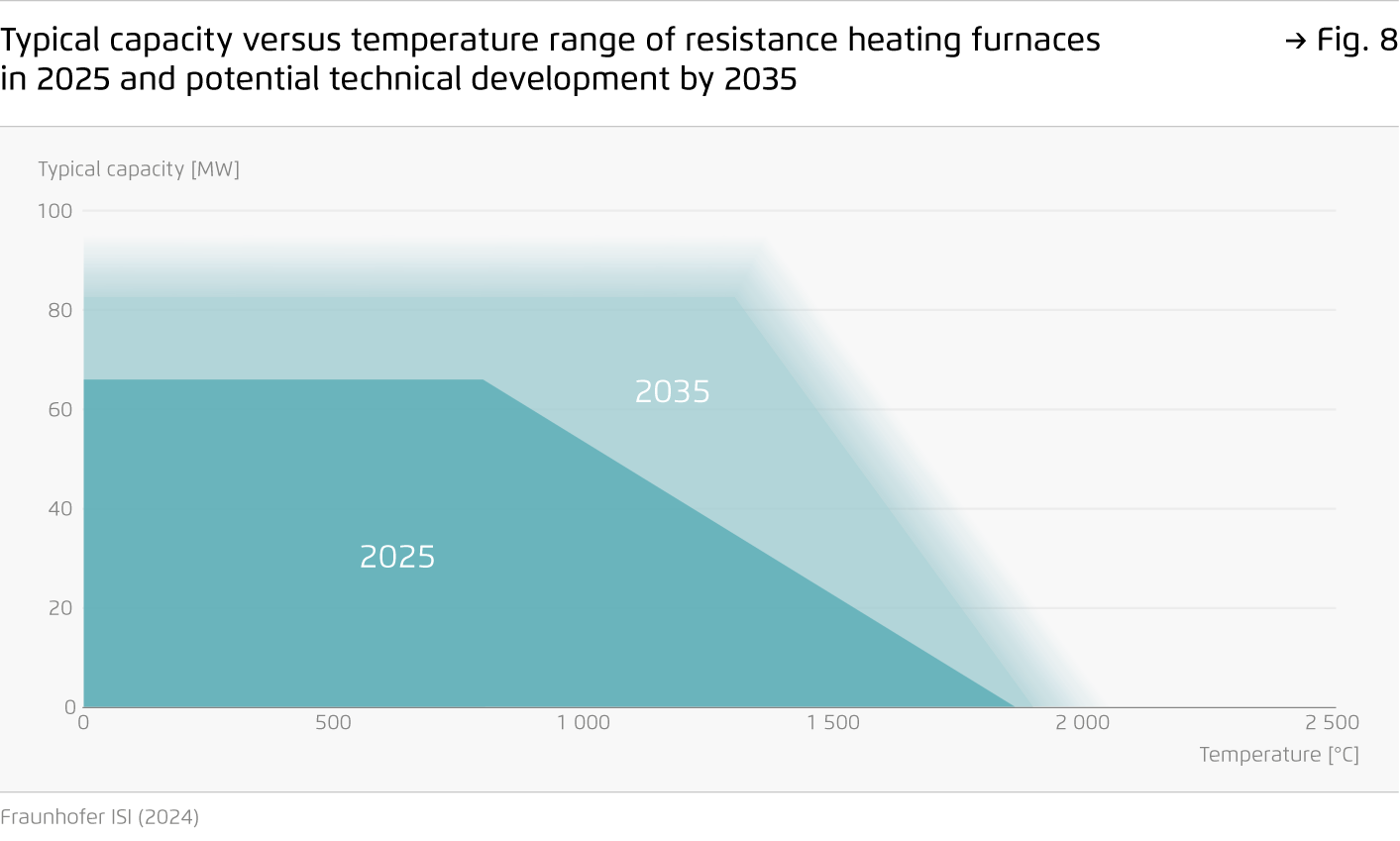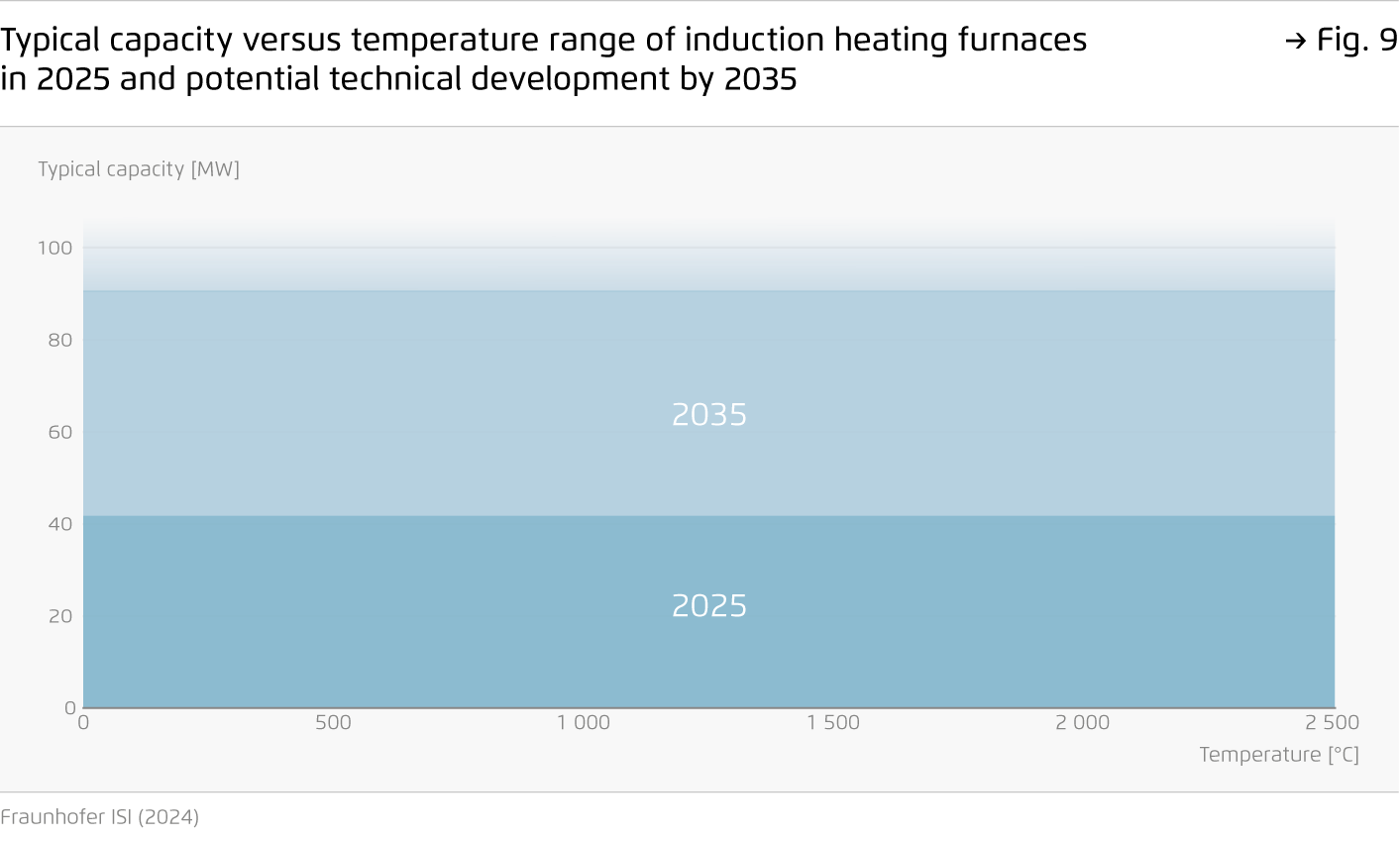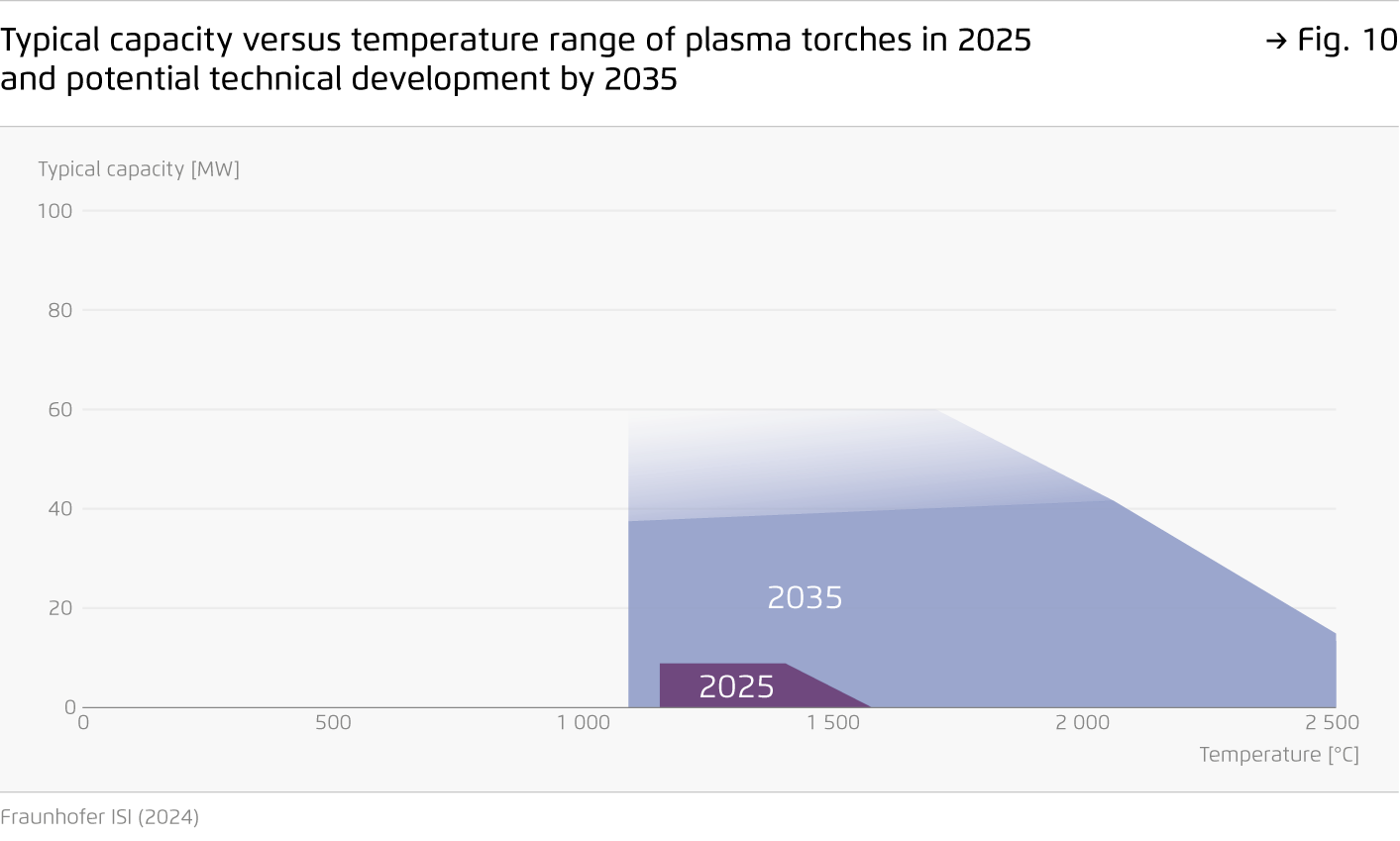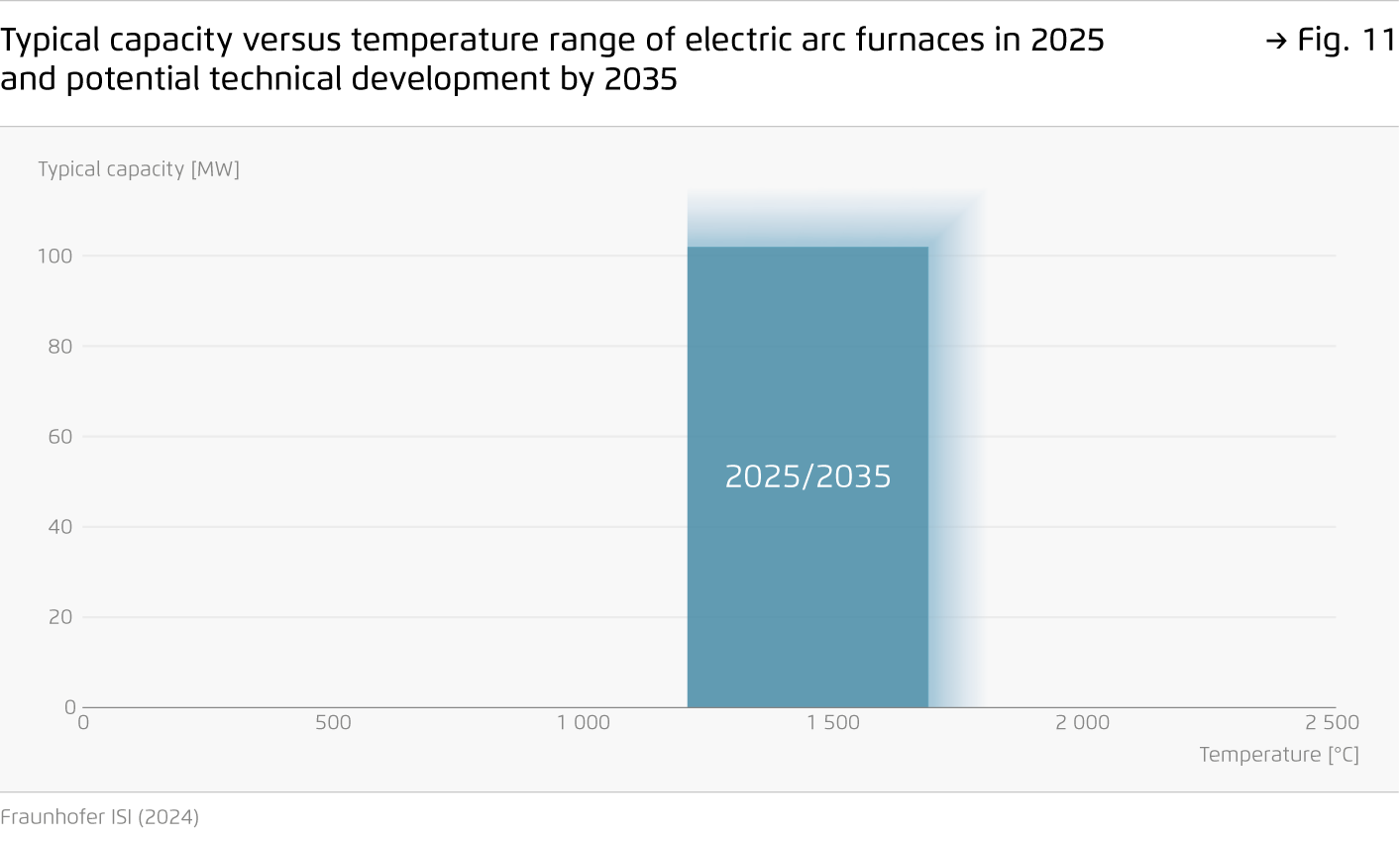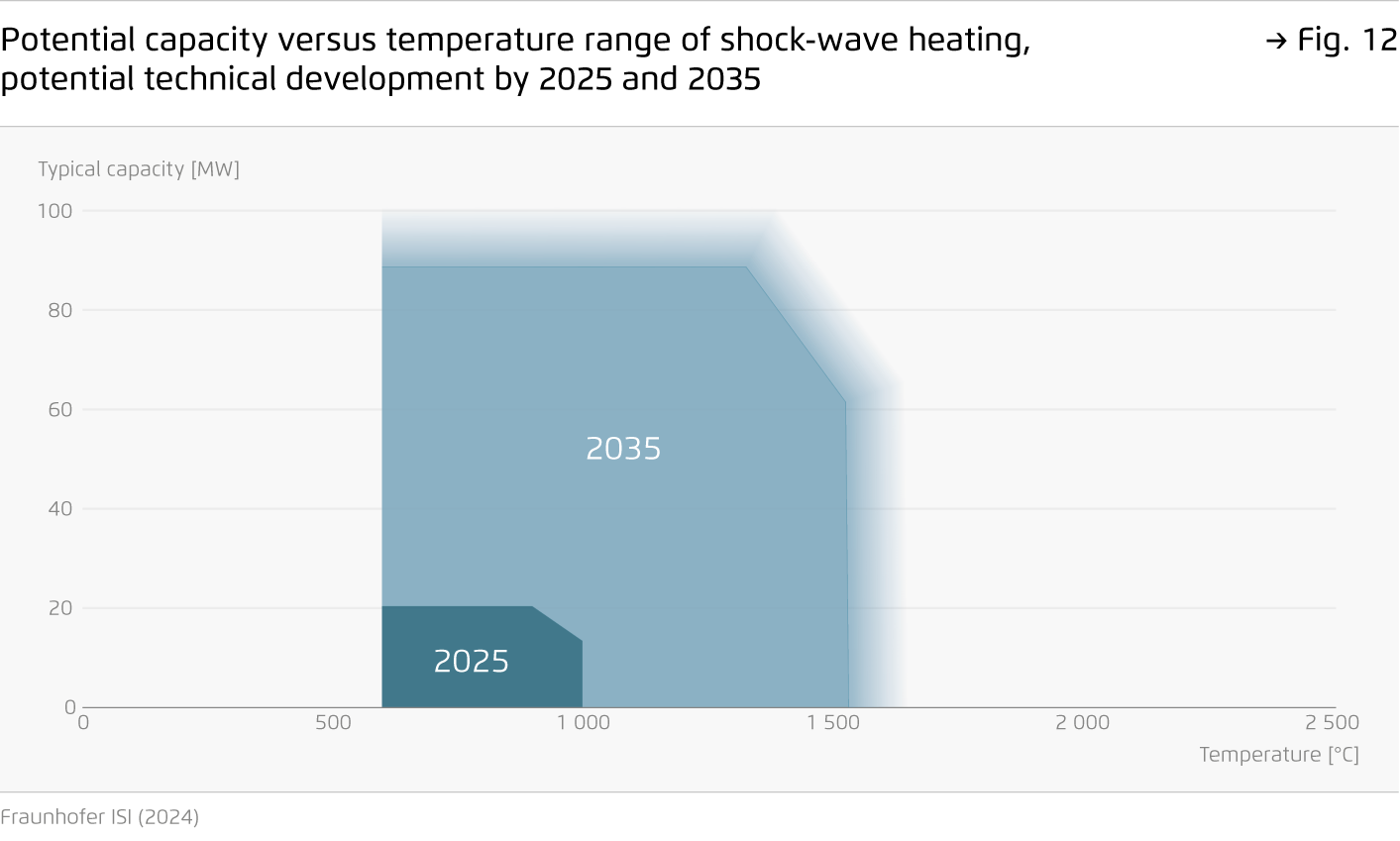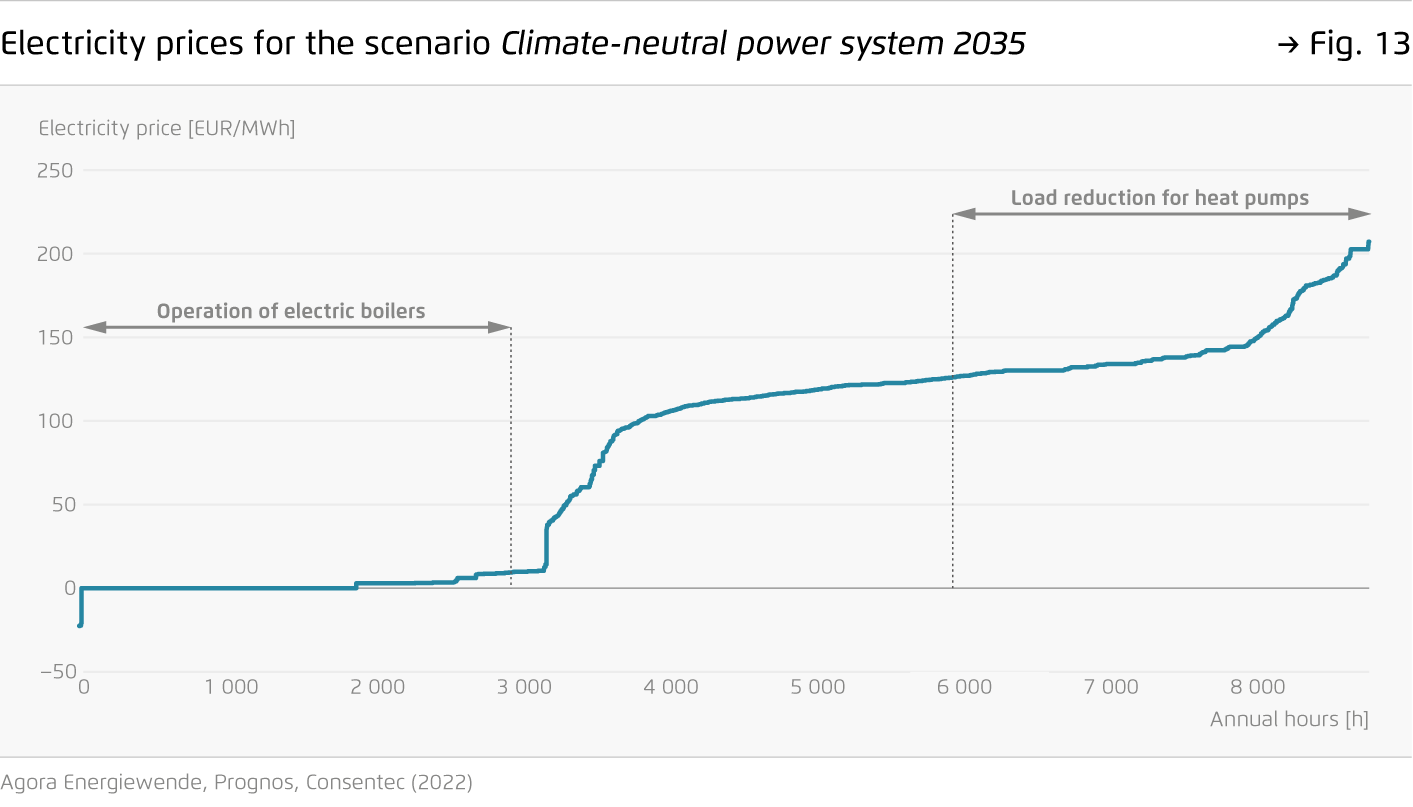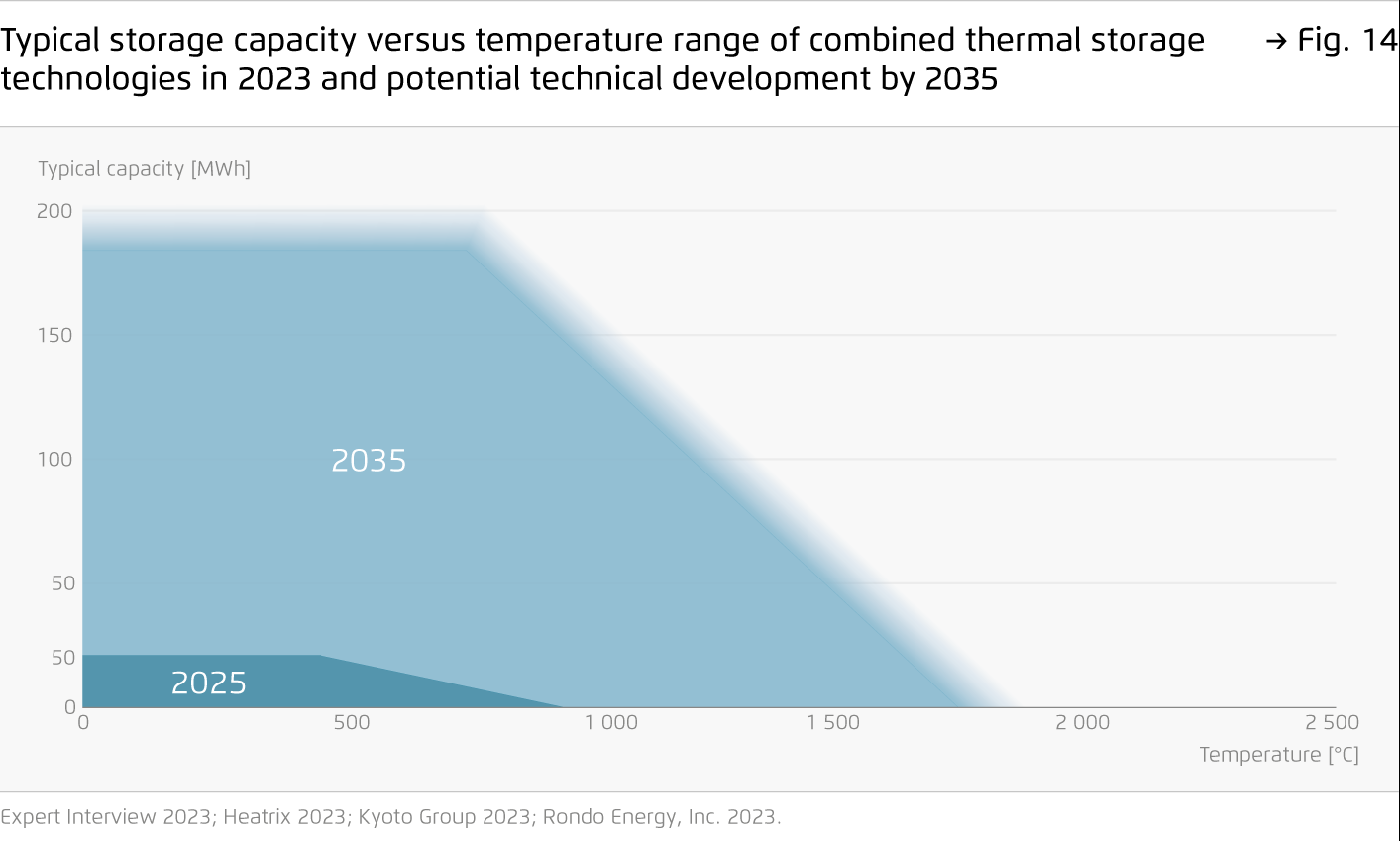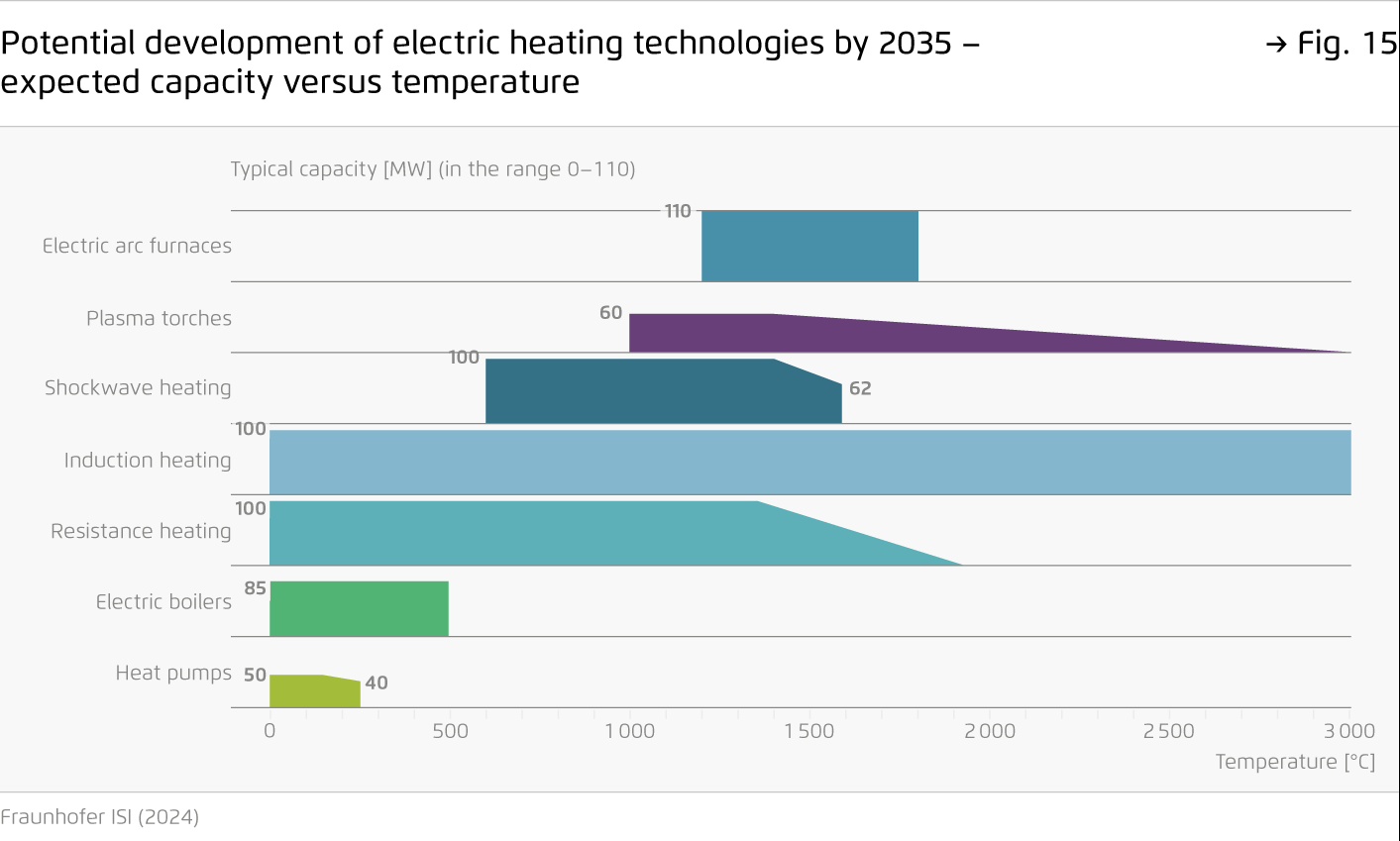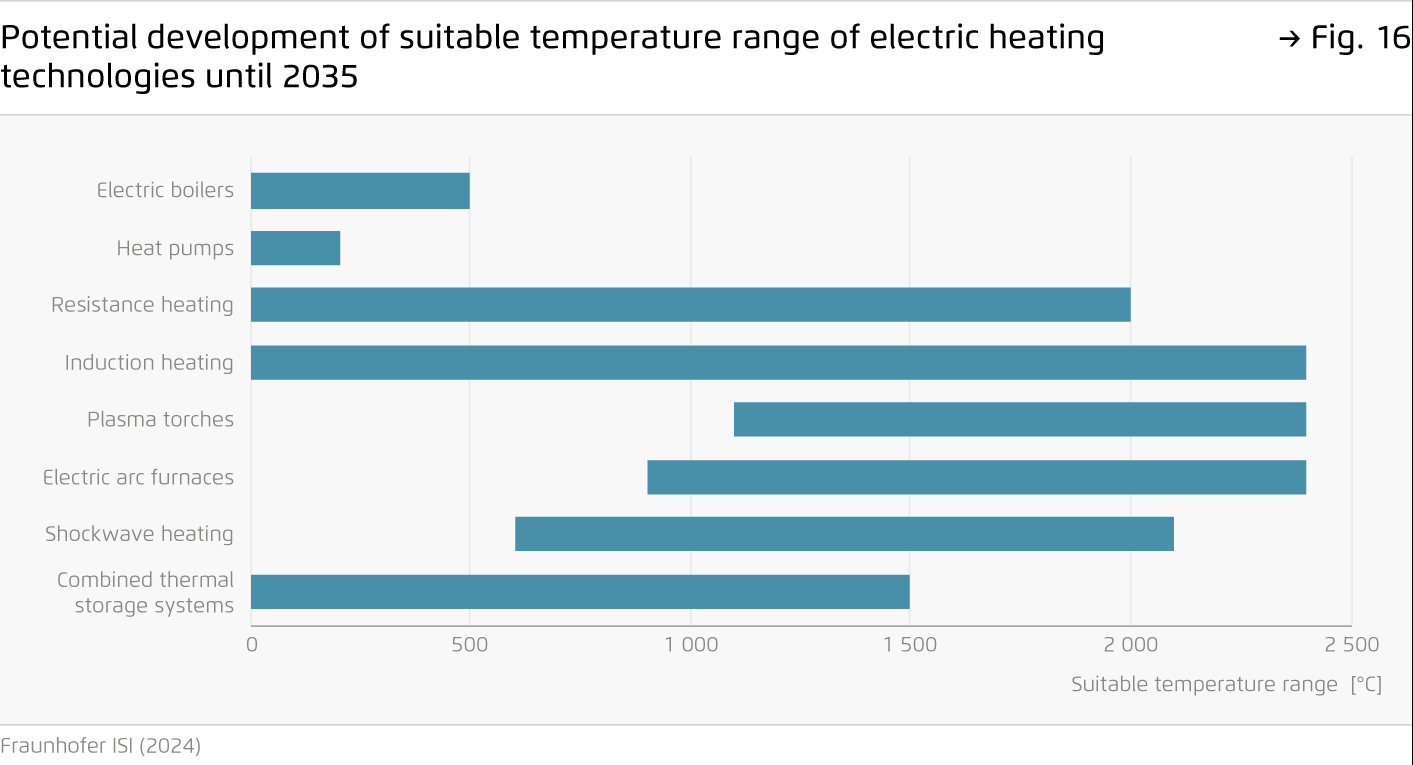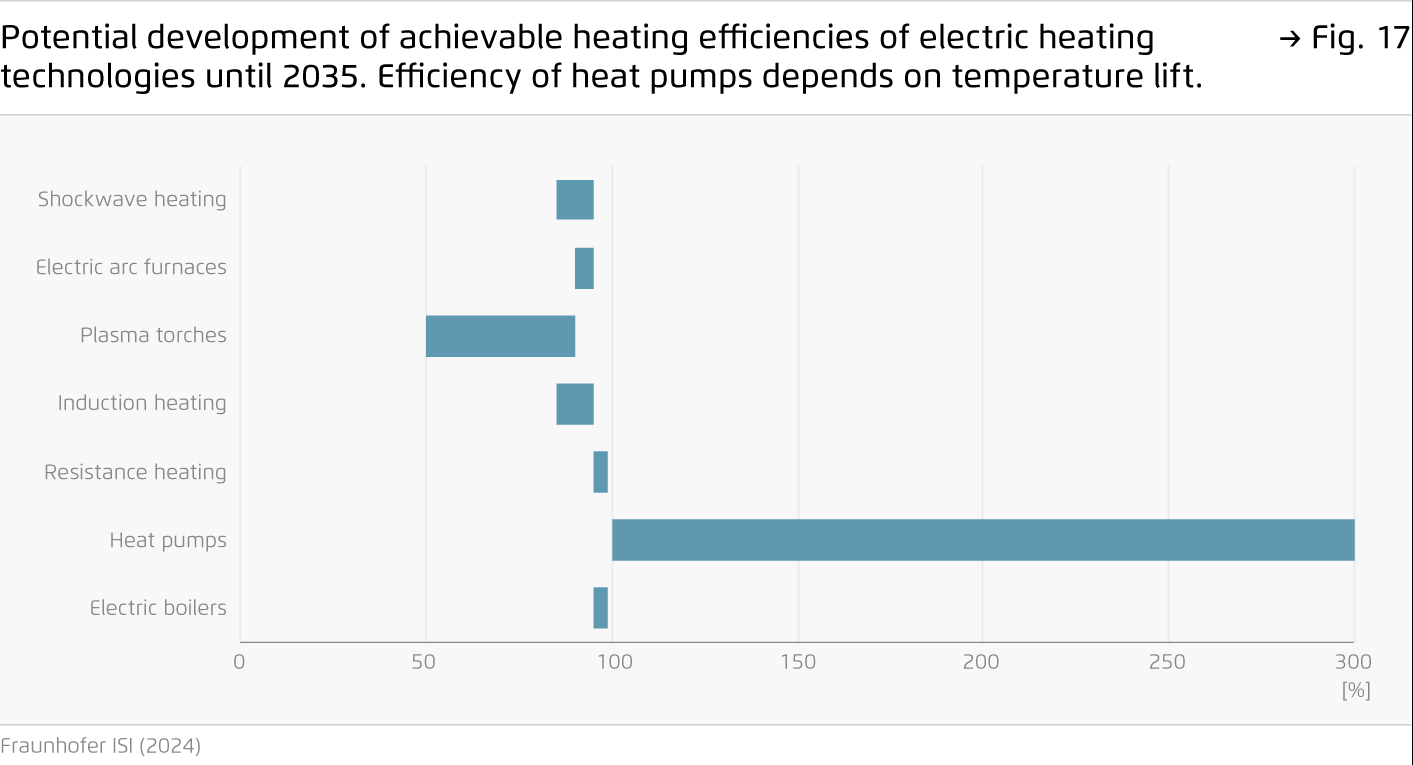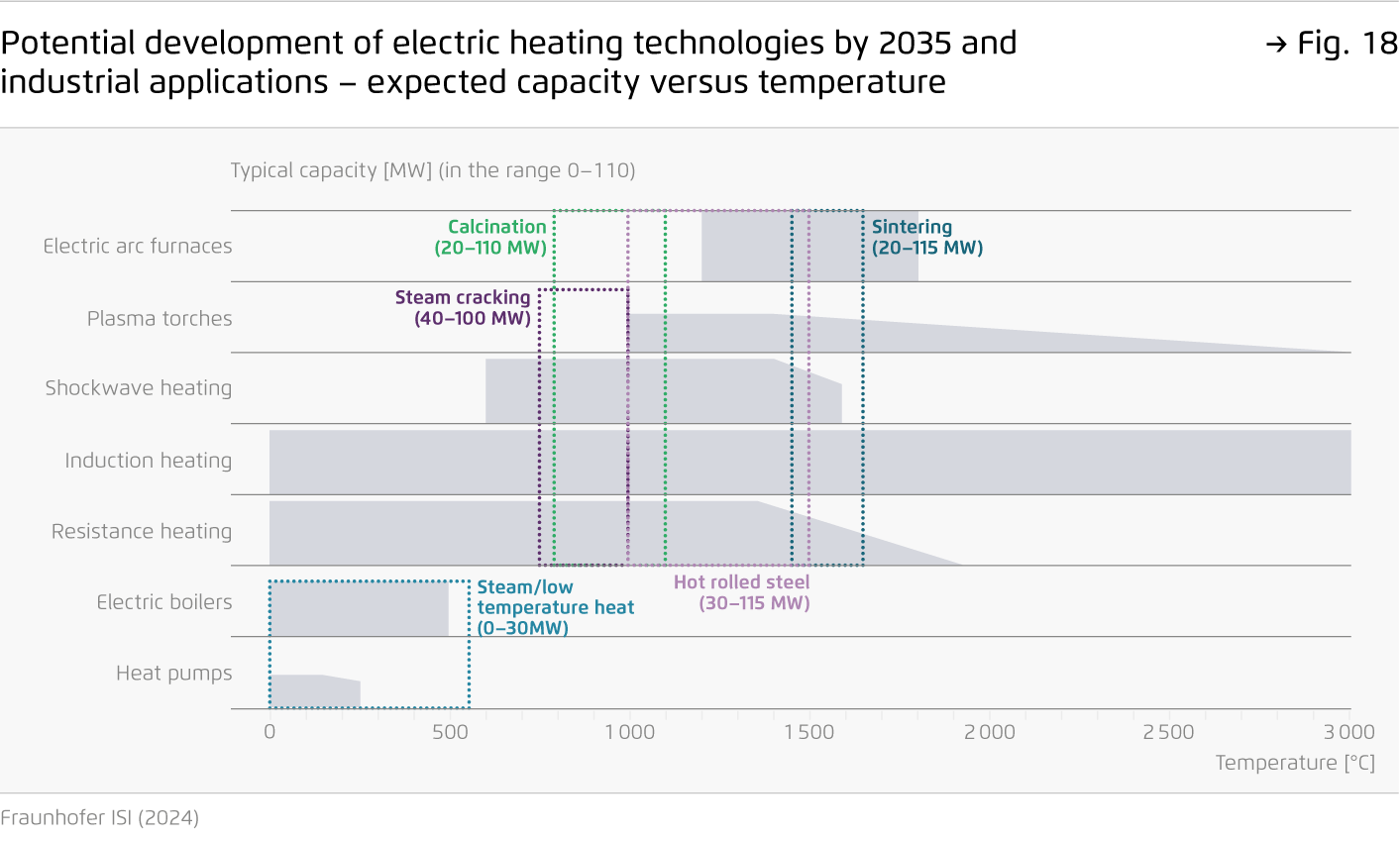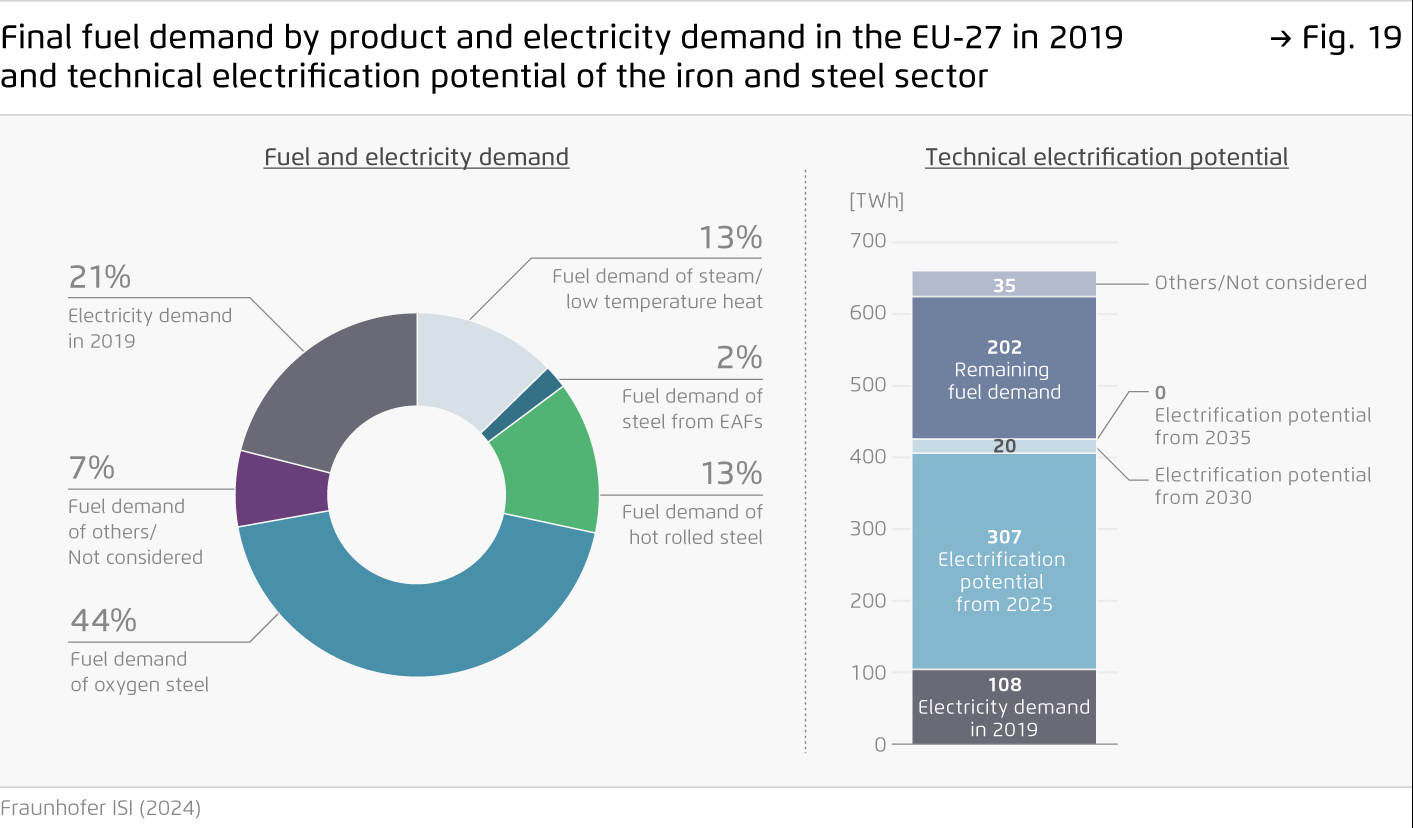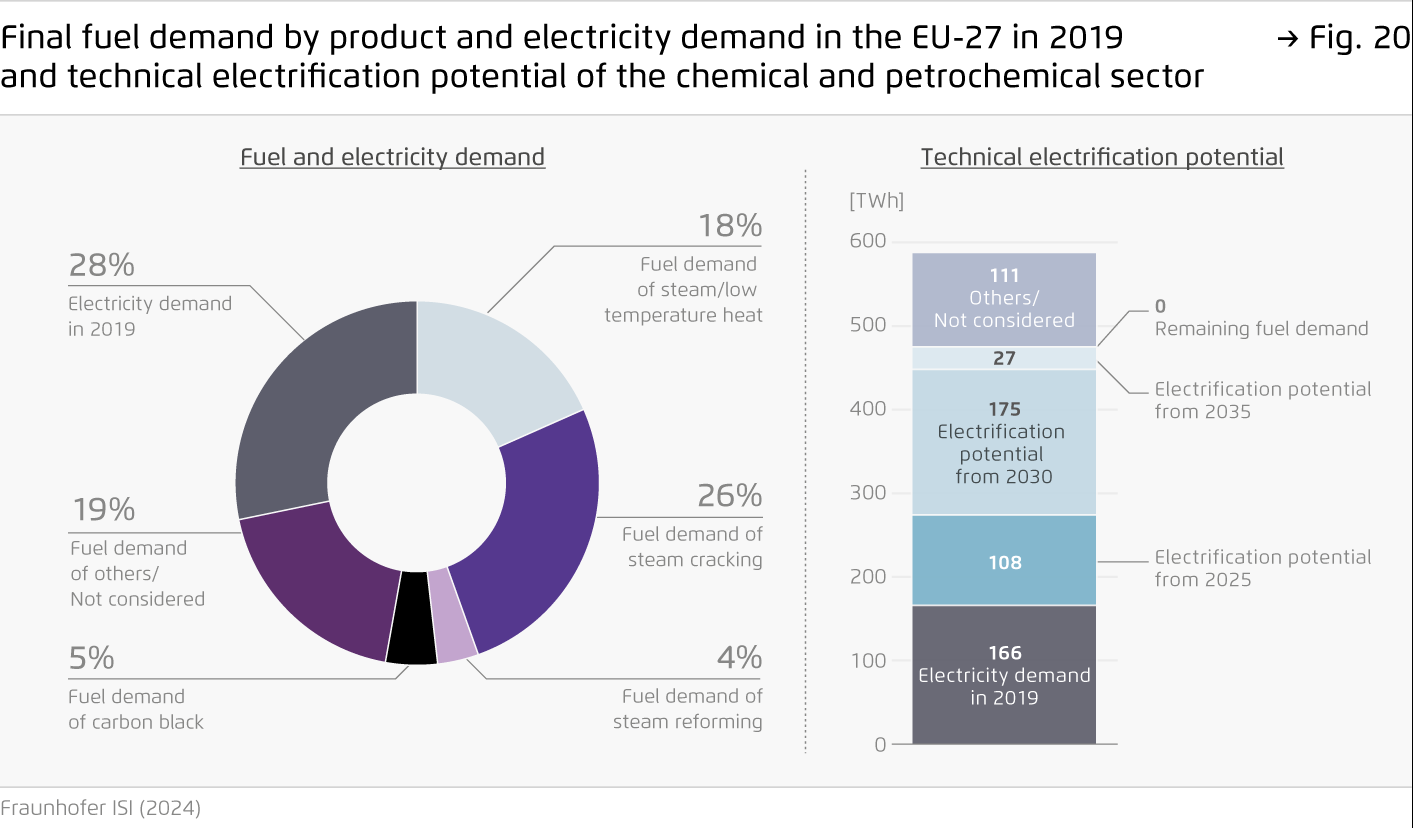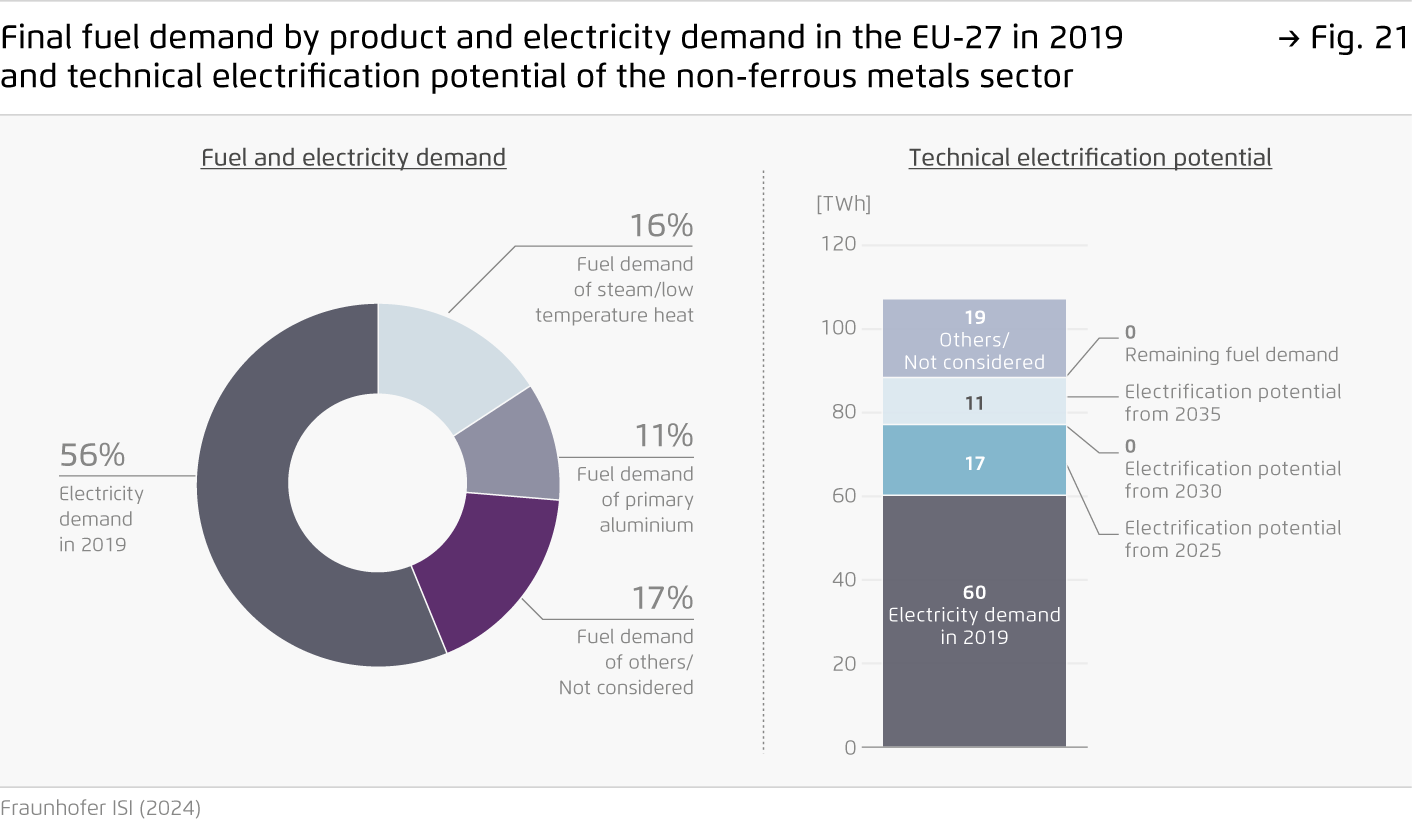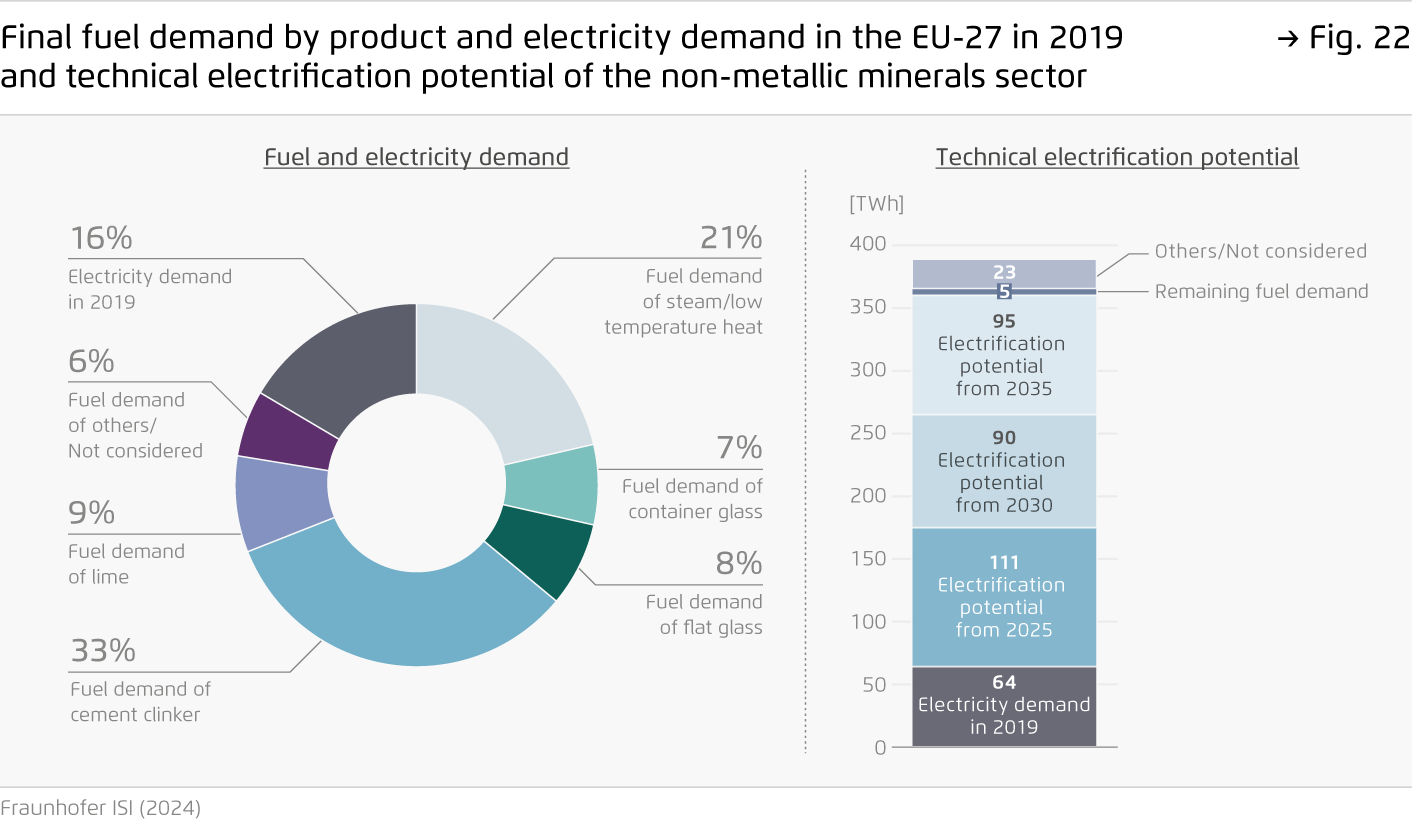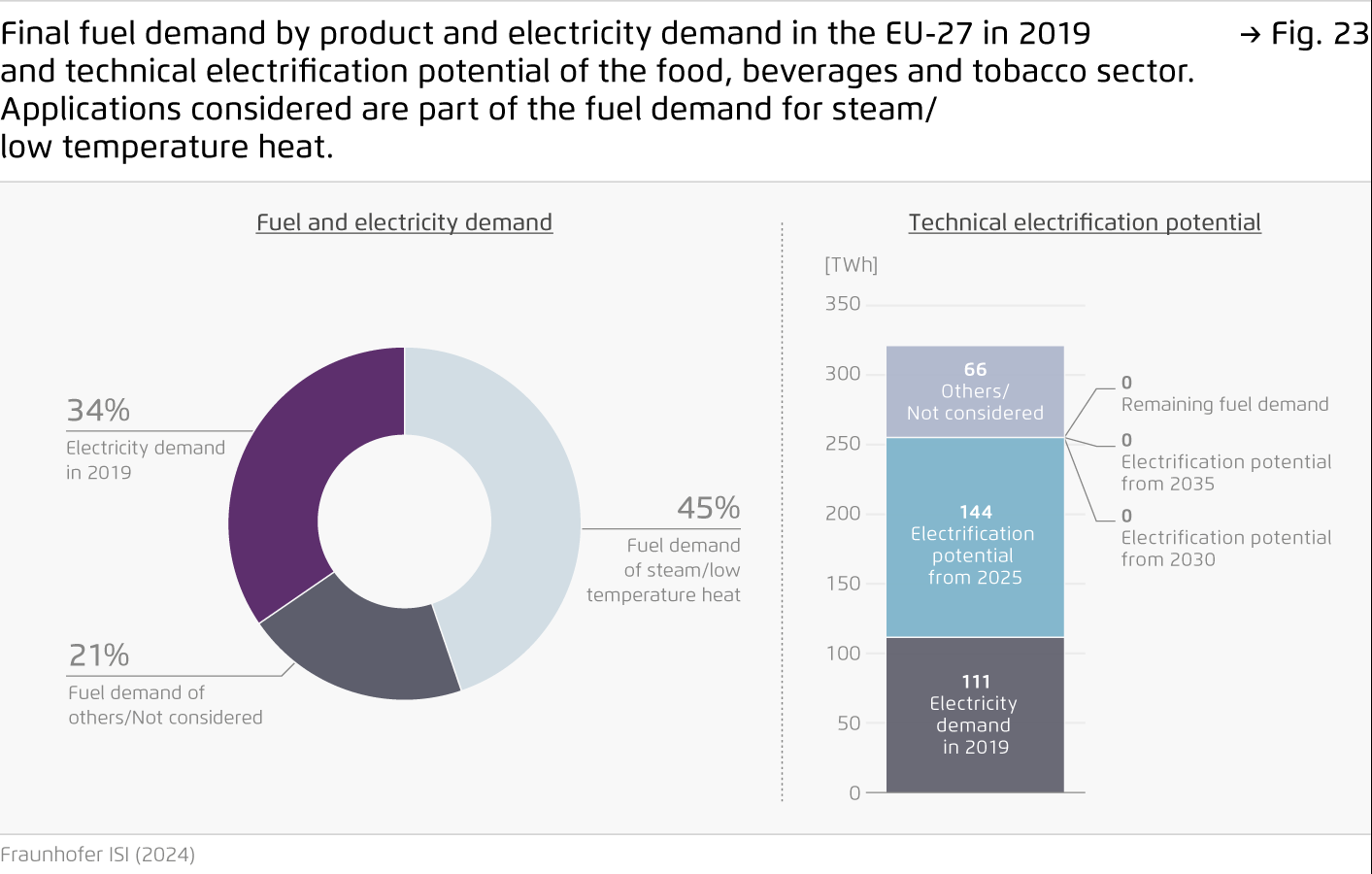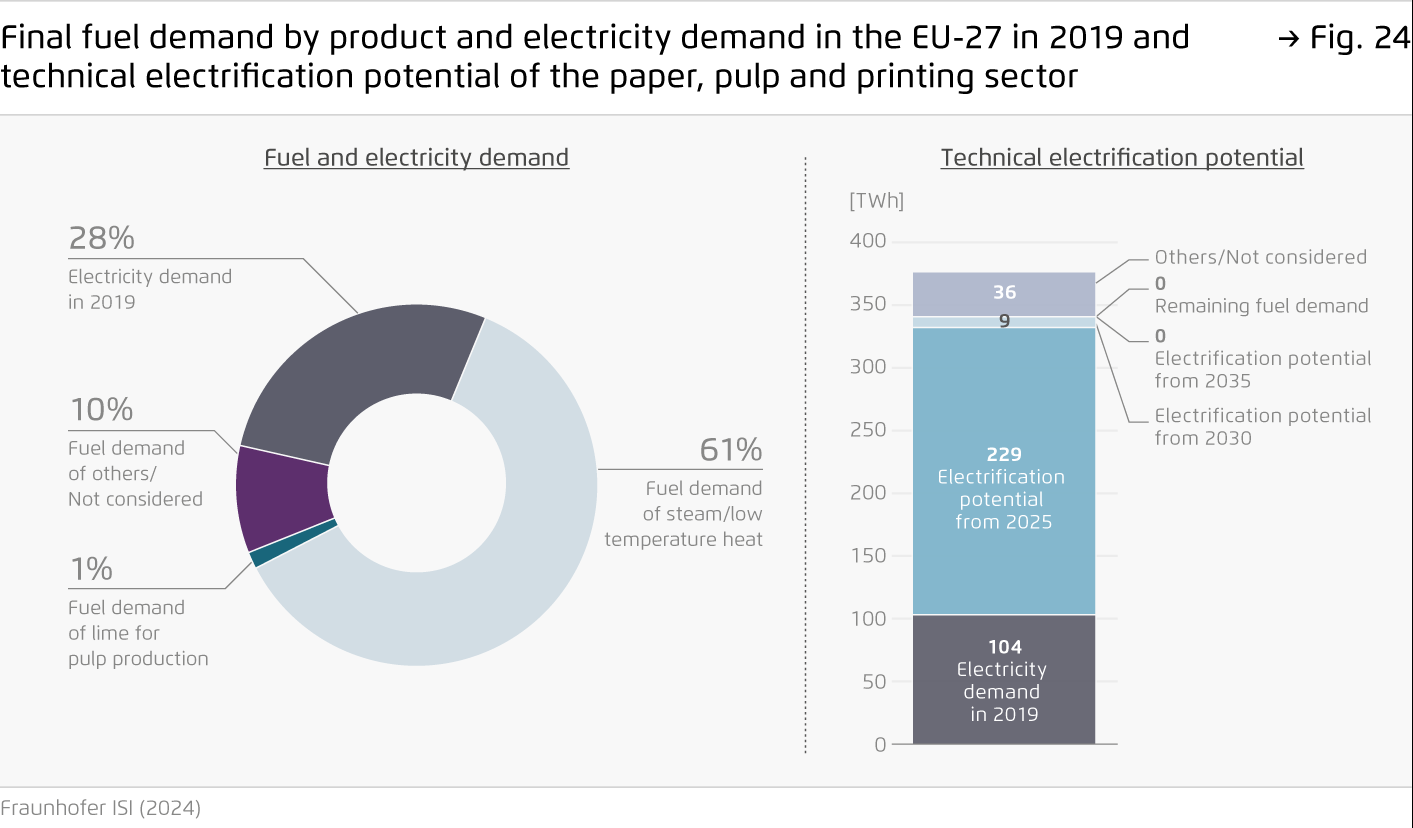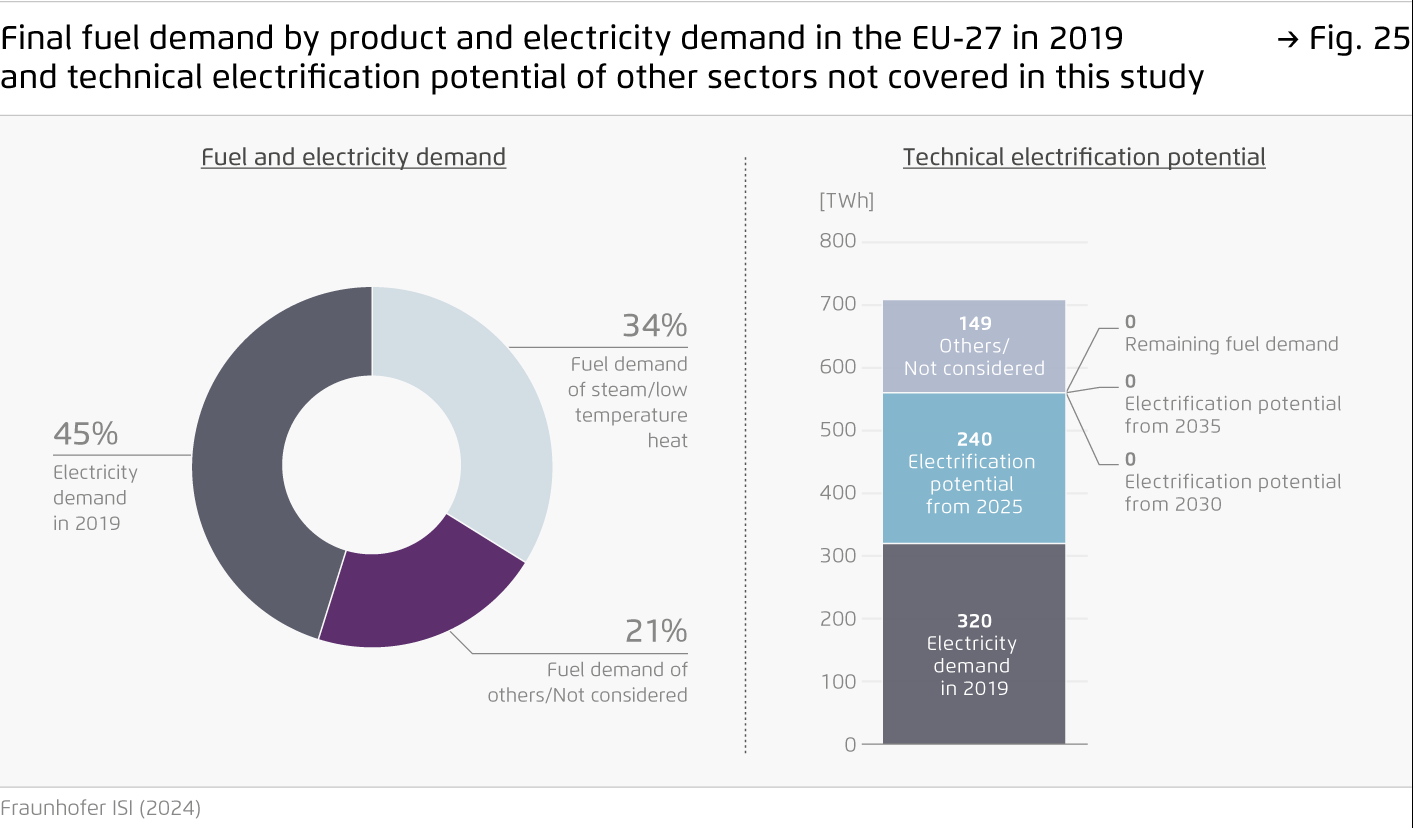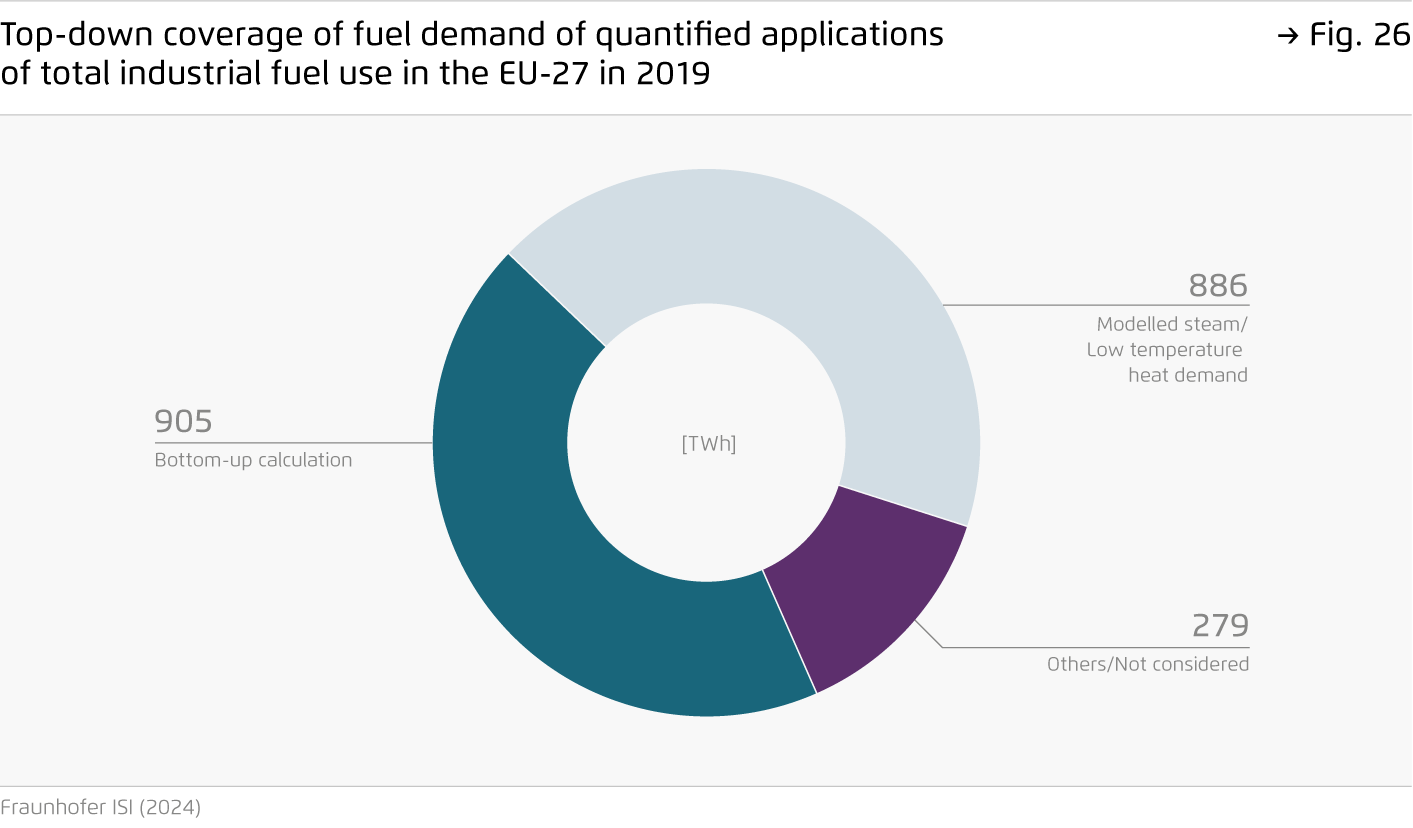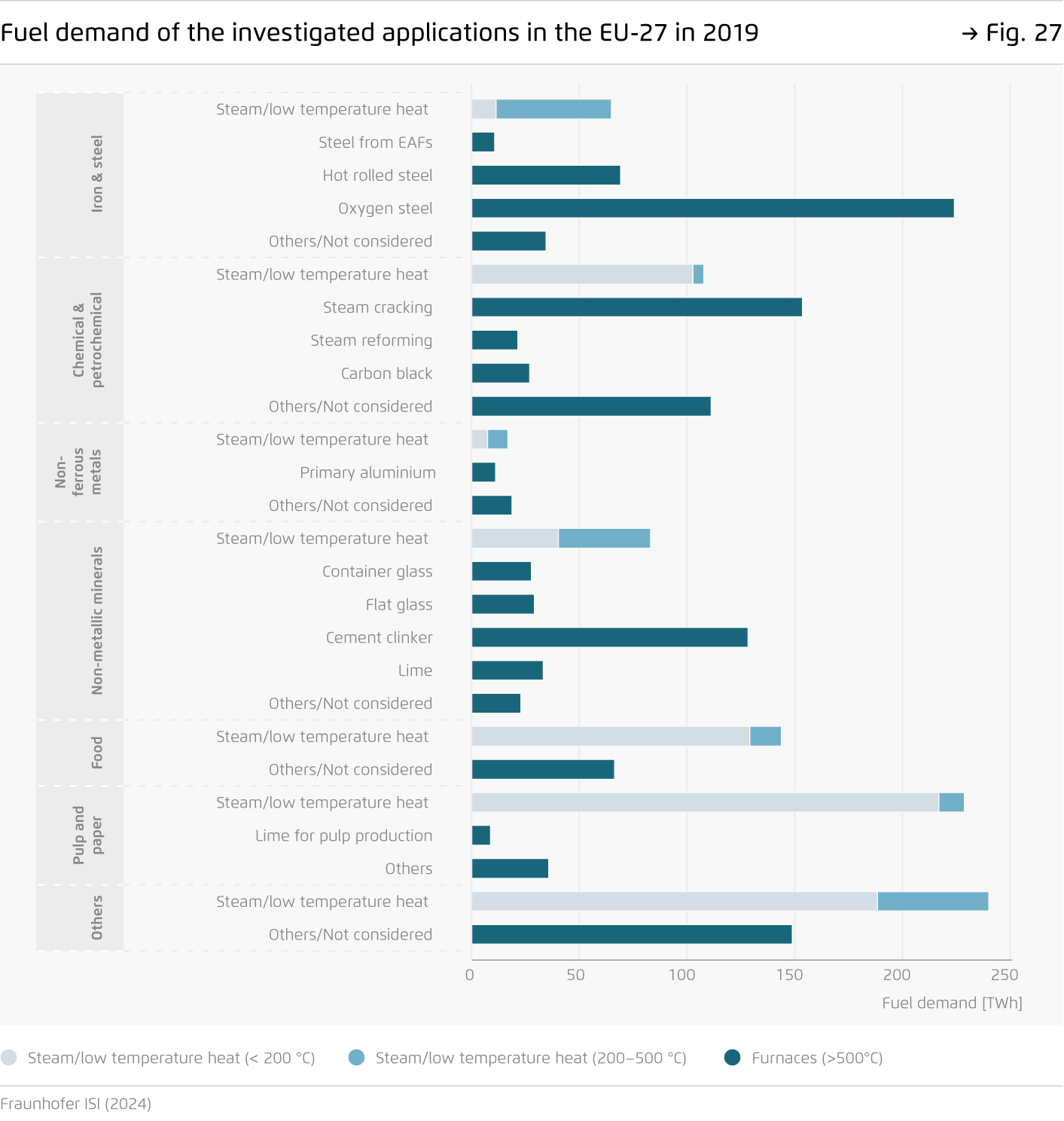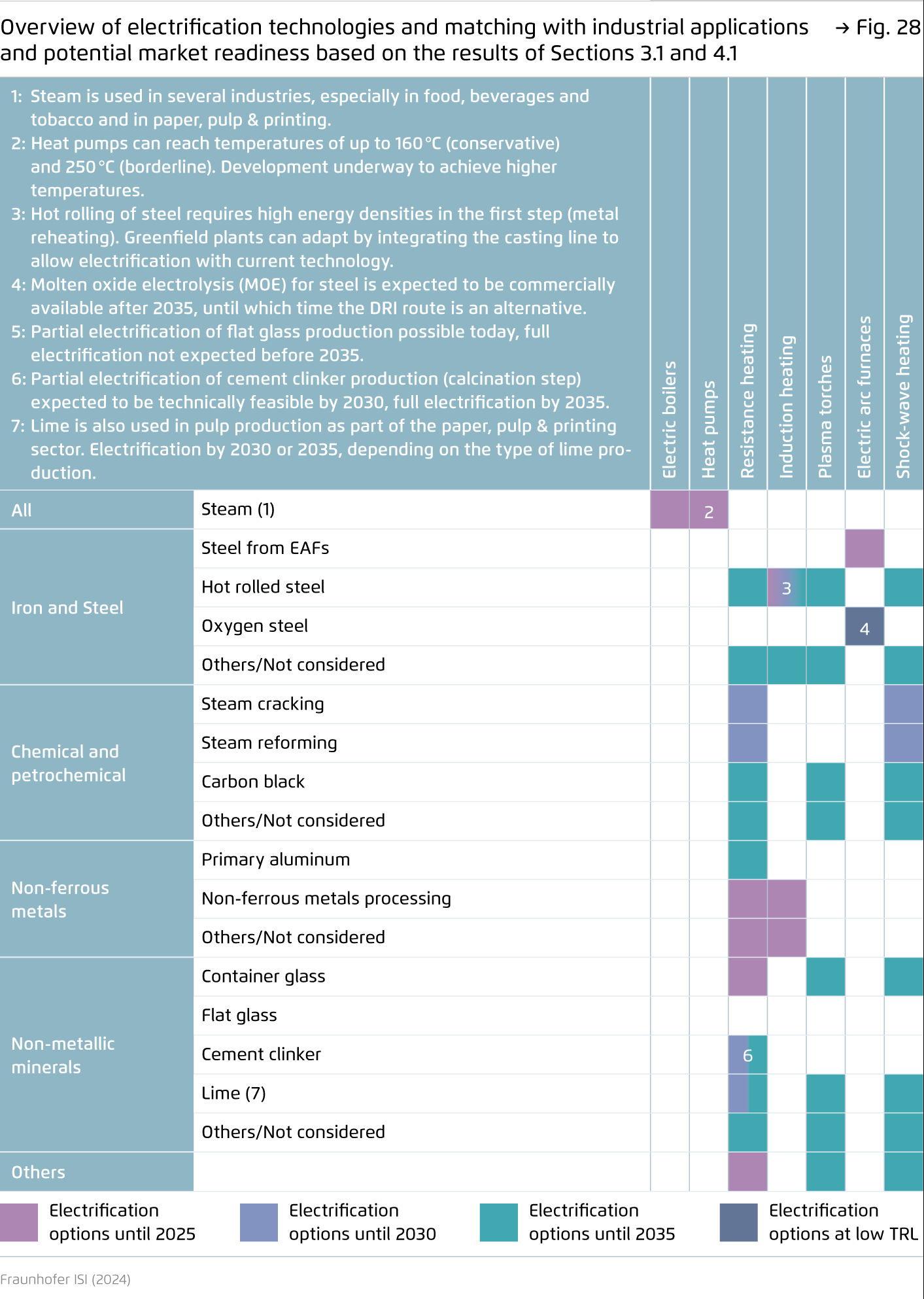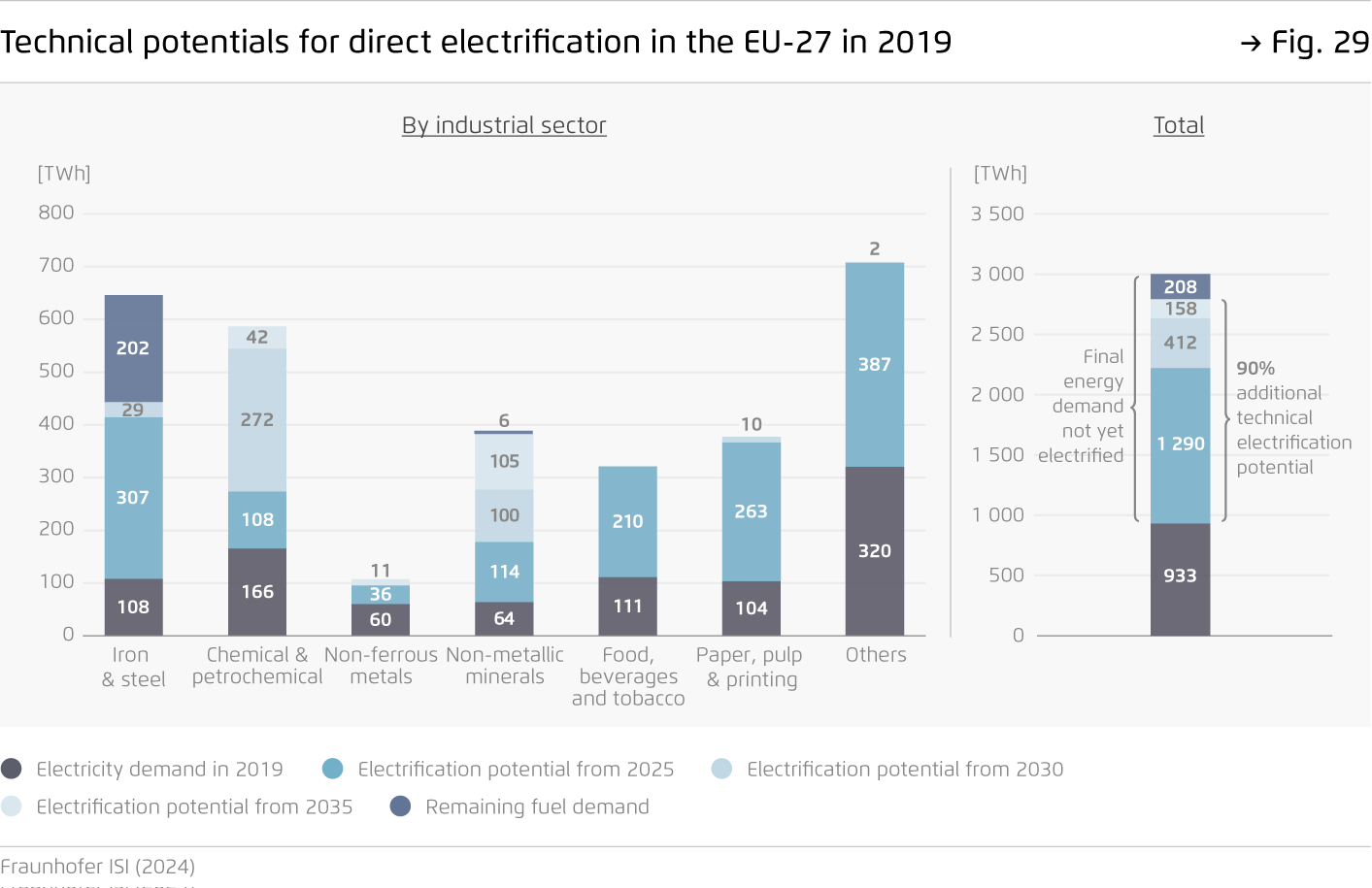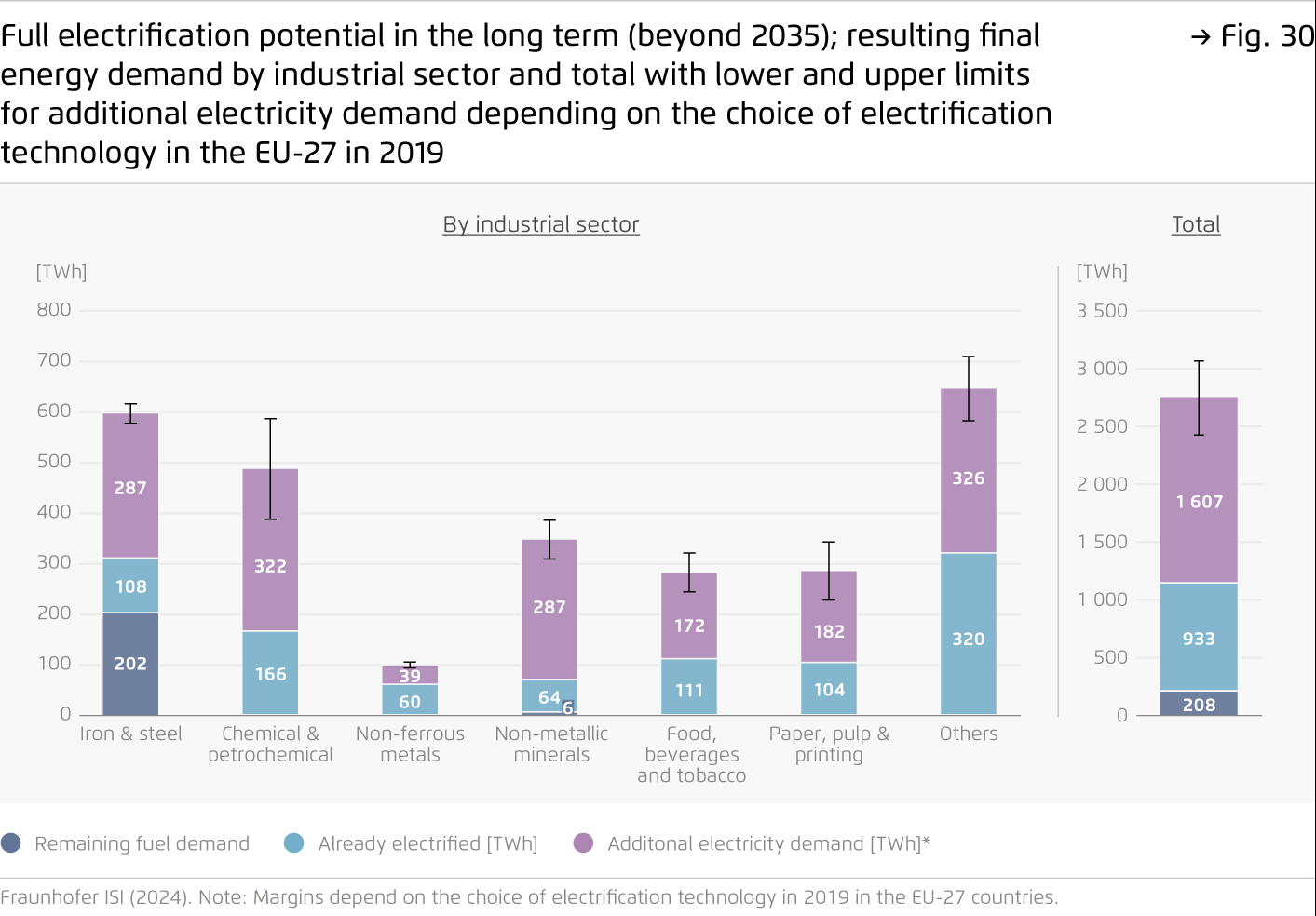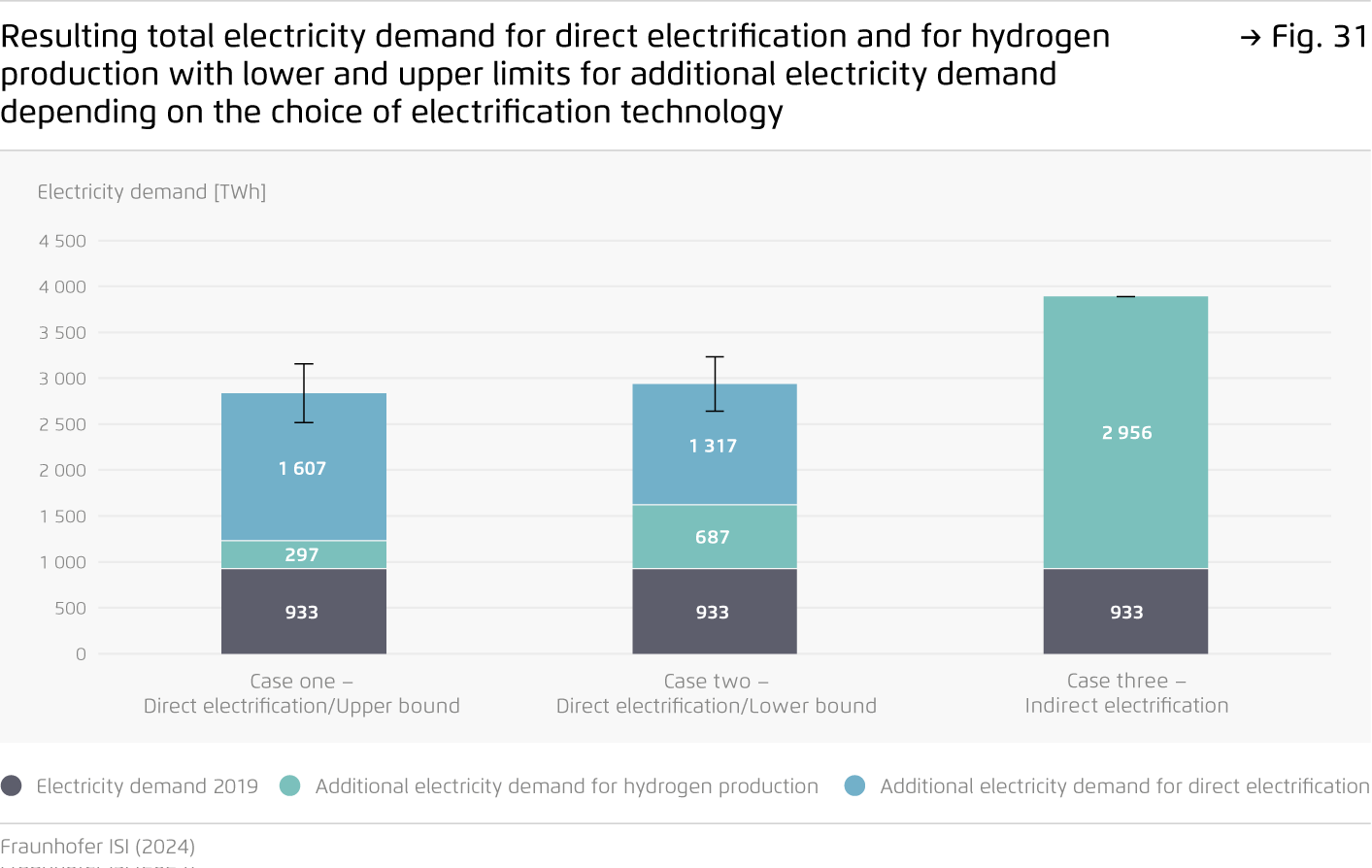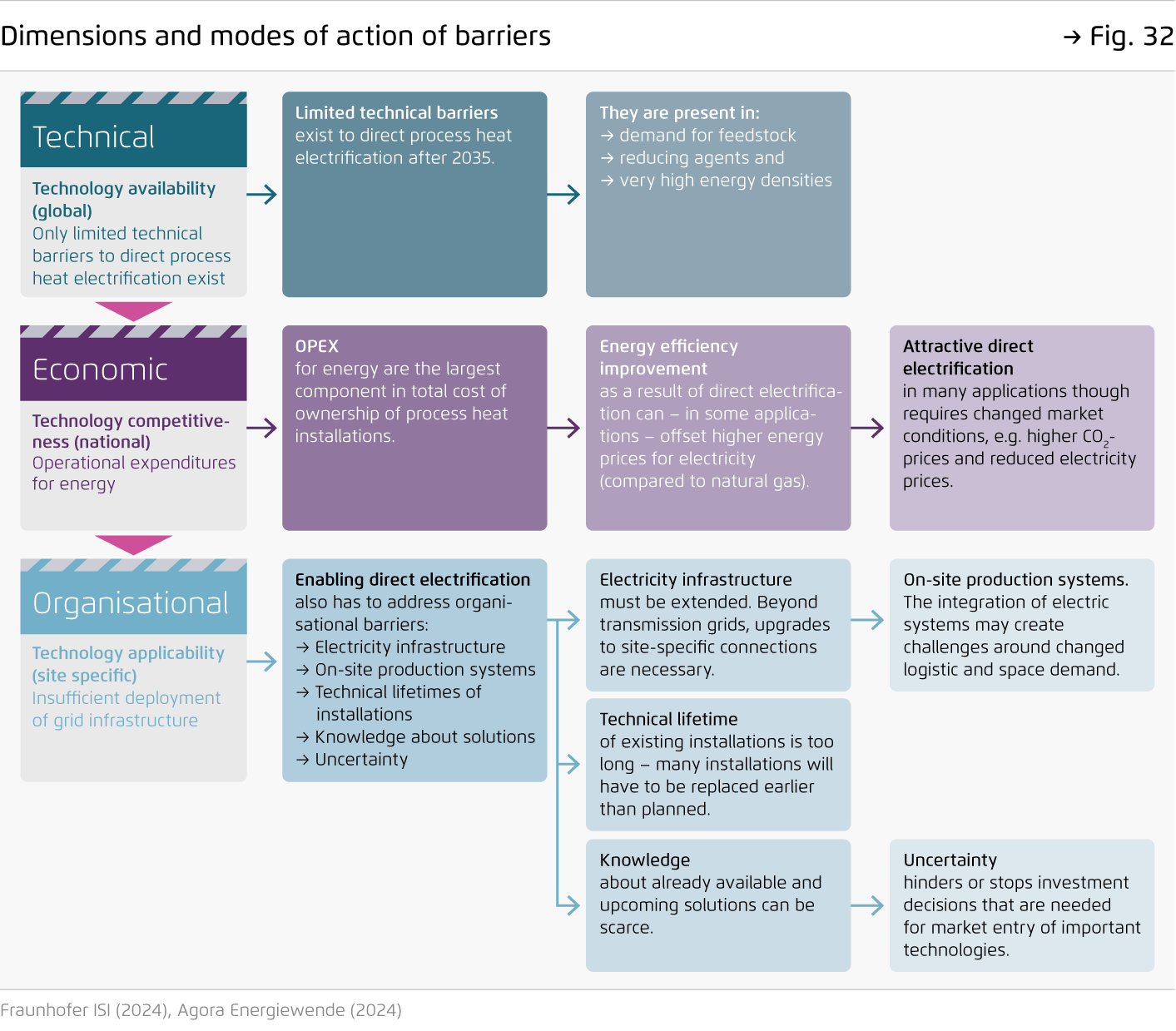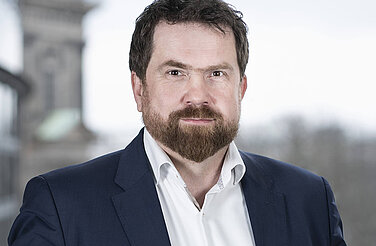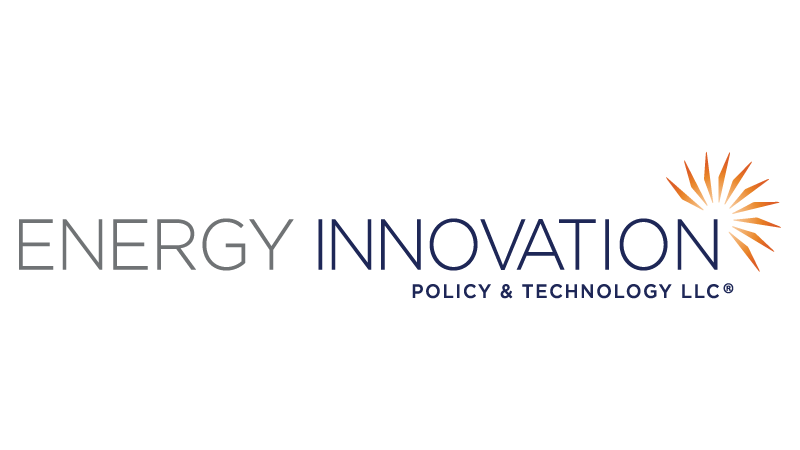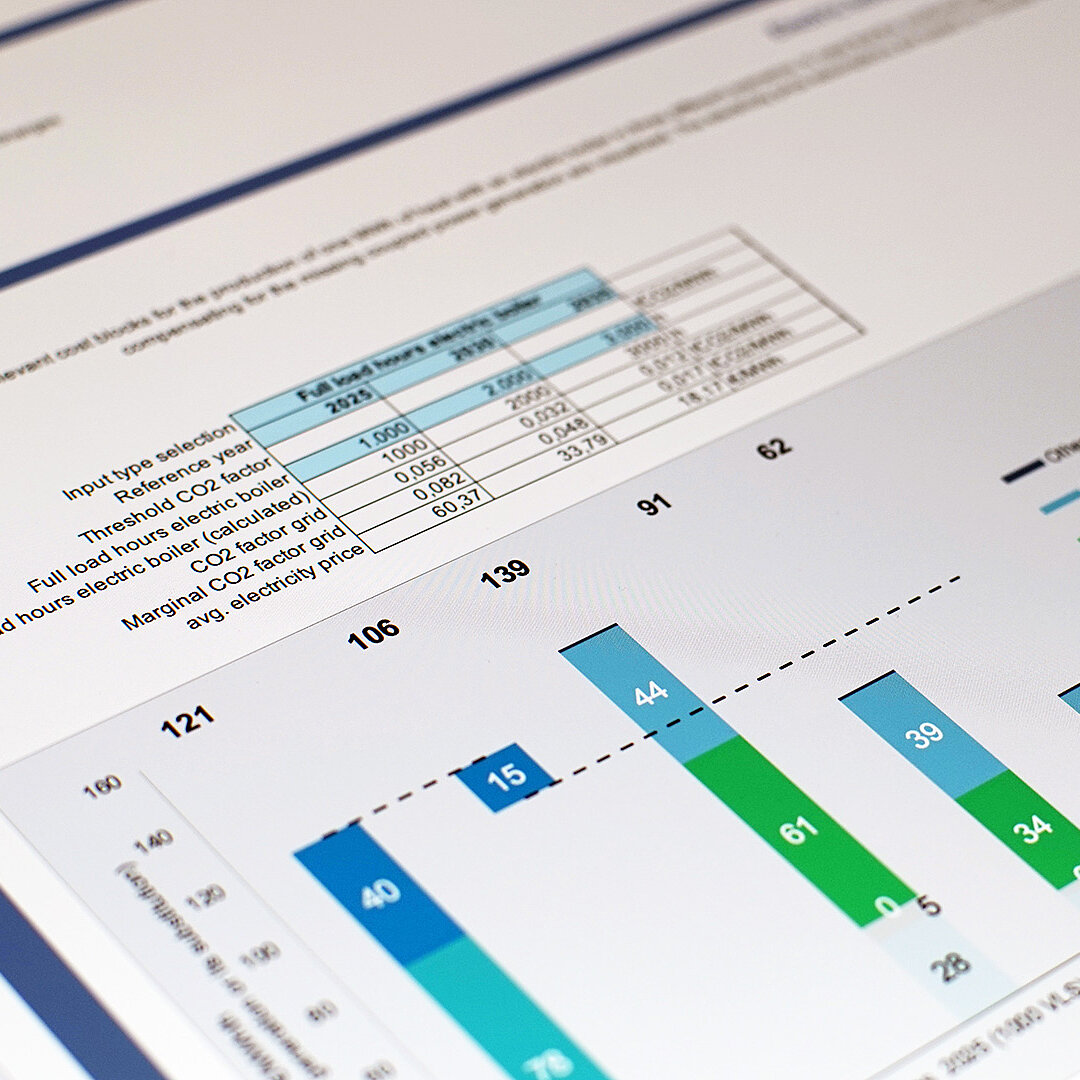-
Achieving climate-neutral industry requires an efficient decarbonisation of industrial heat.
Three quarters of industrial CO2 emissions result from burning fossil fuels that provide process heat for the production of industrial goods, such as chemicals, steel, paper, food and beverages. Process heat constitutes the single most significant energy use by industry.
-
Direct electrification technologies expected to be available by 2035 could meet 90 percent of the energy demand not yet electrified by European industry.
Technologies readily available today, such as heat pumps and electric arc furnaces, could already deliver more than 60 percent of this demand. To tap into this potential, quickly ramping up technologies for the direct electrification of process heat at all temperature levels is key.
-
A broad range of electrification technologies exists to meet specific process needs.
Heat pumps and electric boilers can already generate up to 200 and 500 degrees Celsius, respectively, for chemical processes. Electric arc furnaces are widely employed for steel production at 1 800 degrees. Technologies such as resistance heating, induction heating and electric steam crackers will become available in the coming years and cover all ranges, from 100 to 2 500 degrees.
-
A targeted EU action plan is needed to address the economic and organisational barriers to direct electrification and ensure it is a key transition strategy for industry across Europe.
Major elements include establishing an industrial alliance to facilitate market introduction of technologies and setting deployment targets to enable investments. Funding schemes should explicitly support direct electrification projects, while regulators should integrate electrification in grid planning and allow industry easy grid access.
Direct electrification of industrial process heat
An assessment of technologies, potentials and future prospects for the EU

Preface
Ensuring Europe’s industrial transition while maintaining competitiveness is a top priority for the next EU policy cycle (2024–2029). Most prominent scenario pathways for climate neutrality feature the use of renewable electricity as a key strategy. This cuts greenhouse gas emissions and boosts energy security at the same time.
Thanks to rapid innovation, a broad range of electrification technologies in industry are already viable today and can address specific process needs in all sectors. Our new study shows that by 2035, direct electrification could also replace the vast majority of fossil fuels used to provide process heat for the production of industrial goods.
Opportunities for using green electricity directly from the grid as a means of accelerating the industrial transition have been underestimated compared with hydrogen and carbon capture and usage/storage. To boost electrification solutions, smart policies are needed across the value chain that help scale up industry’s direct use of renewable electricity.
Our study assesses the potential of current and near-term electrification technologies to meet industrial heat demand, analyses barriers for deployment in Europe and provides first policy recommendations at the EU level to successfully reach climate targets and ensure industry’s competitiveness.
Key findings
Bibliographical data
Downloads
-
Study
pdf 6 MB
Direct electrification of industrial process heat
An assessment of technologies, potentials and future prospects for the EU
All figures in this publication
Technical potentials for direct electrification in the EU-27 based on 2019 energy demands
Figure 1 from Direct electrification of industrial process heat on page 10
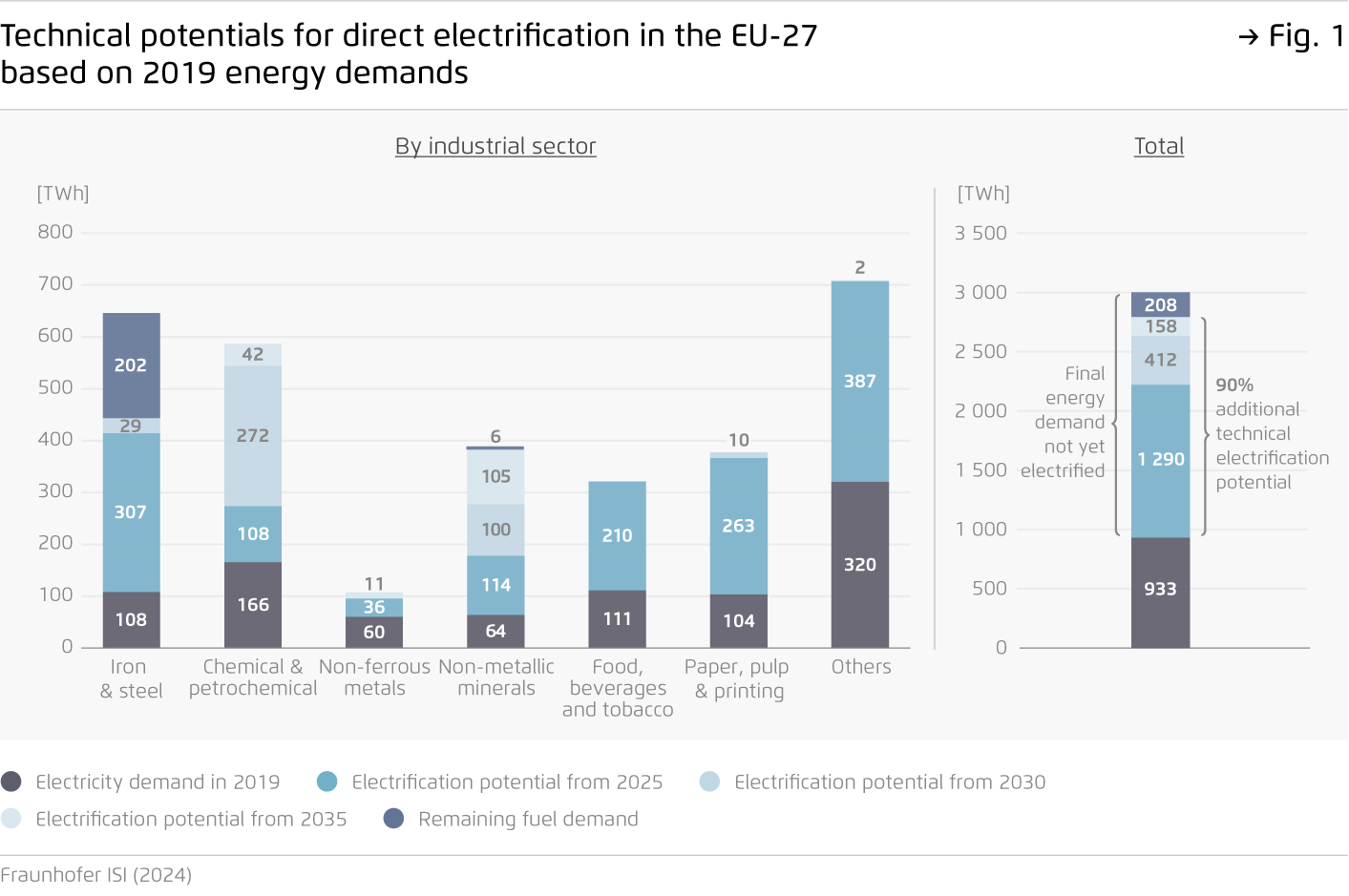
Potential development of suitable temperature range of electric heating technologies until 2035
Figure 2 from Direct electrification of industrial process heat on page 12
